The GR221 or Dry Stone Route in Mallorca is a long distance trail that runs along the western side of Mallorca. It passes through the Serra Tramuntana mountain range which is designated a UNESCO World Heritage Site for its culturally important landscape.
This Ruta de Pedra en Sec with its ancient cobbled paths and dry stone walls, offers a different view of Mallorca to the beaches and holiday resorts. This is one of the best locations for hiking in Mallorca.
The first part of our hike on the GR221 Dry Stone Route in Mallorca had taken us from the pretty artist’s village of Deia to the busy resort of Port de Soller and up into the Tramuntana mountain range. Read about Part 1 of the walk here.
In this second section from the Cuber reservoir we took the bus to the Santuari de Lluc. We spent a couple of nights here before hiking on to Port de Pollença and finally ended our trip in the island capital of Palma.
This article may contain affiliate links that provide commission on purchases you make at no extra cost to you. As an Amazon Associate I earn from qualifying purchases.
Staying at Lluc Monastery
We had booked to stay 2 nights at the Lluc Monastery after learning the Refugi de Tossals Verds was closed for renovation. This simple monastery guest accommodation overlooks the front of the church. So, we decided to attend Sunday mass at 11 o’clock to hear the famous Blauet choir sing.
Mass with El Blauets
The children of the choir school entered the packed church, wearing the bright blue robes that give the choir its name. As mass began a painted screen slid back to reveal the small statue of the Madonna wearing her crown. She is known as La Moreneta or little one above the altar.
When mass was finished the screen closed and the statue turned around to face the opposite direction. Now she could be seen in the prayer chapel which is reached by the stairs running up beside the altar.
You may also enjoy: 20 gorgeous places to visit in Mallorca
It was a lovely service with beautiful singing, only marred by those tourists who could not resist taking constant flash photography. One woman even walked up and down the central aisle to video everything on her phone.
A young girl from the choir appeared to be making her confirmation and had not one but two photographers taking photos constantly from every angle. They even walked right up behind the altar to take close-ups of the choir.
Being a Catholic I was quite shocked by the disrespectful attitude of some visitors who seemed to view the mass like a visit to the zoo. I could not believe how patient and good humoured the priest was about it all!
Hiking on the GR221 Dry Stone Route towards Tossals Verds
After mass we set off to follow one of the GR221 stages in the opposite direction. This is the path that we would have come down had we stayed at the Refugi Tossals Verds. Instead we had skipped part of the route by bus.
Not far from the monastery gates we picked up the familiar cobblestone path from which the Dry Stone Route gets its name. There was a water collection point nearby fed by a spring from the mountains. People were bringing huge plastic containers to fill up for their week’s drinking water.
Charcoal burning and ice pits in the woods
Passing through the holm oaks we saw a number of Sitges or circular, stone charcoal burning hearths. Until the 1920s the charcoal burners would live all summer in the woods in simple stone huts with branches and leaves for a roof. We passed quite a few of these on the walk.
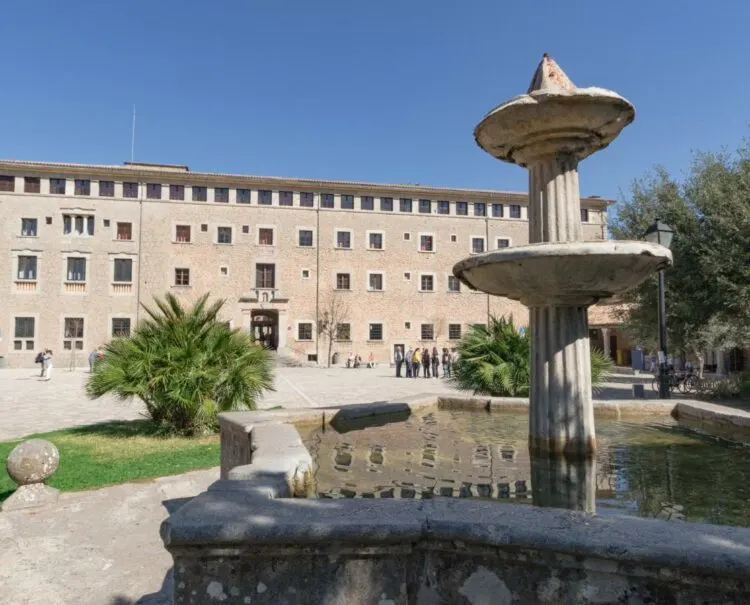
Stay at the Santuari de Lluc with views of the Lluc Monastery
Another feature of the landscape were the deep snow pits lined with stones. In the days before refrigeration, these were filled with blocks of ice from the mountains. The ice was then packed down and covered with leaves to keep them from melting.
Views on the Puig d’en Galileu
We emerged from the woodland onto the side of the Puig d’en Galileu on a cobbled stone path. Dry stone retaining walls zig zagged at a relatively gentle gradient up to the top of the mountain. Here there was a plateau just below a rocky crest with wonderful views across the valley.
We could see down towards the monastery at Lluc and across towards the coast and the cleft of the Torrent de Pareis. This is a popular walking route along the gorge.
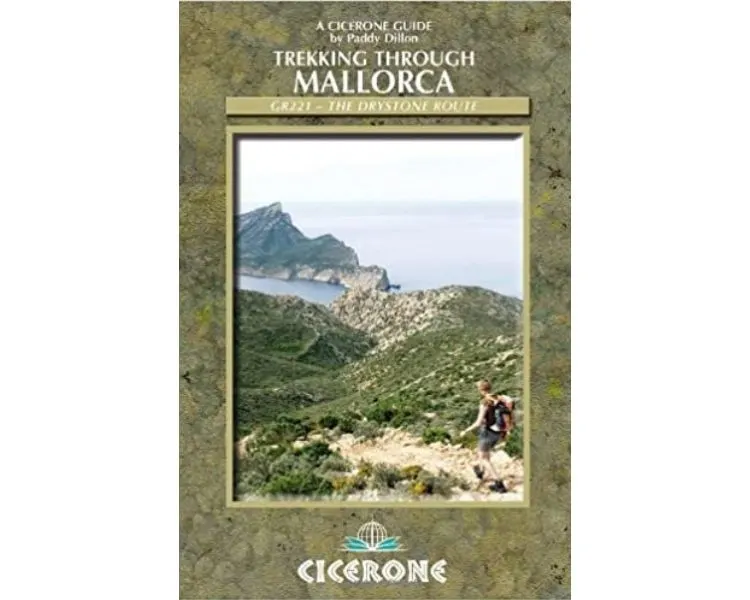
Are you planning to walk the Dry Stone Route? We recommend Trekking Through Mallorca: GR211 The Dry Stone Route
We stopped at the crest and sat on a boulder for a picnic lunch. But soon the views were hidden by the cloud cover swirling in and covering the rocky peaks where the path would take us up over the pass. We decided that rather than climb further into the cloud, with the risk of losing our way, we would retrace our steps on the GR221 down into the valley again and returned by the way we had come.
The Museum at Lluc Monastery
We arrived back at Lluc Monastery around 4pm, just in time to take a look around the interesting museum. We saw archaeological artefacts, some beautiful Mallorcan costumes and traditional furniture like the carved and canopied bedstead.
Learn why Port Soller in Mallorca is perfect for luxury holidays
I particularly enjoyed the exhibition of paintings depicting scenes from Mallorcan life by the impressionistic artist Josep Coll Bardolet. Bardolet was a Spanish painter whose adoptive home was Valldemossa.
The pilgrim’s way from Lluc Monastery
After breakfast the next day we took the opportunity to walk the path with the stations of the rosary within the monastery grounds. This took us up to a rocky pinnacle with a huge iron cross overlooking the monastery.
The pilgrim’s road led us out of the gates of Lluc Monastery, through the fields and up to the Refuge of Son Amer. Like many of the Refugi along the GR221 walking route, this had been recently restored to encourage rural and walking tourism.
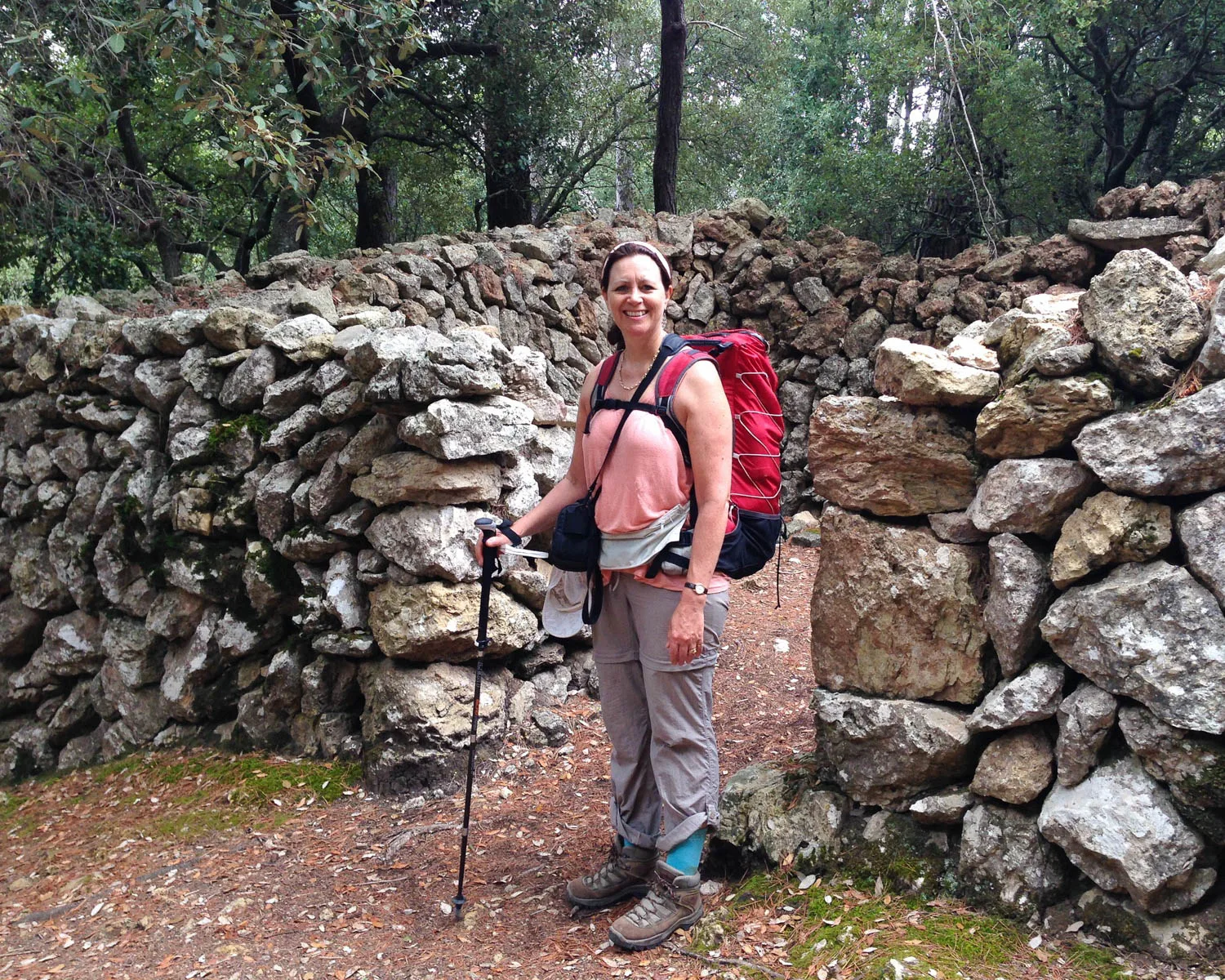
The path wound up through pine forest on the slopes of the Puig Ferner. Despite the overcast weather this was the best part of the day. We walked amid the pines and past lime kilns and old stone enclosures.
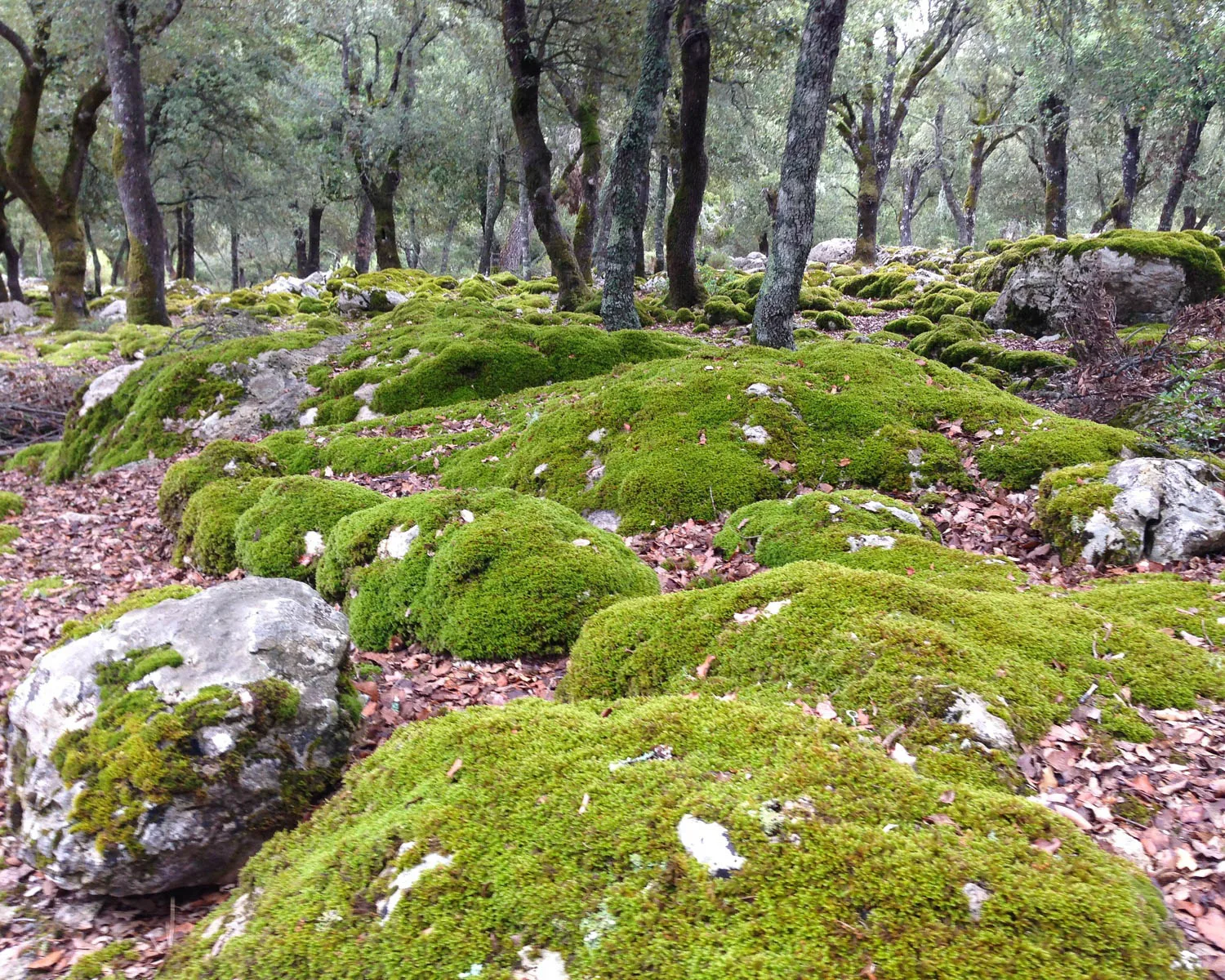
Bright green moss made cushions of the rocks. The path was soft with a covering of pine needles which gave off their scent when trodden underfoot. We could hear only the birdsong and the distant whirr of traffic from the road down below.
On the Cami Vell de Lluc to Pollença
The way followed the Cami Vell de Lluc, the old pilgrim’s way. This turned for a while into small tarmac road between fields with occasional houses. As we descended towards Pollença on Mallorca’s Dry Stone Route, the rain became steady. Soon we entered a thick pine forest which sheltered us from the worst of it.
The heavy woodland cover would have been refreshingly cool on a hot summer’s day but felt damp and eerie in the rain. It seemed as if we had entered a scene from the Hobbit, where the trees might come alive and turn on us at any moment.
The final stretch was along a river and then a busy road heading into Pollença. We missed the smaller paths a few times and ended up walking beside the traffic which was both dangerous and unpleasant.
Finally arriving in the central Placa of Pollença, we took shelter in a cafe with the tourists from the nearby beach resort. Sadly their sunshine holiday was being rather spoiled by the rain.
Staying at Port de Pollença
In the cafe we received stone-faced glances from the staff and concluded that our boots and dripping rucksacks were not welcome. So, after a coffee we took th bus into Port de Pollença where a much warmer welcome awaited us at the seafront hotel of Sis Pins. This was clearly a have for the Brit abroad with plenty of older couples, a cheerful English receptionist and kettles in every room.

Are you planning to walk the Dry Stone Route? We recommend Trekking Through Mallorca: GR211 The Dry Stone Route
We spent the evening exploring the busy resort of Port de Pollença finding a pleasant Italian restaurant for dinner in the main square. Thankfully the sunshine had returned by the next morning. We took the bus back to Palma, leaving our rucksacks in the lockers at the Placa Espanya above the underground coach station.
Sightseeing in Palma
Since our flight was not until the evening, we wandered around the old quarter looking in the shoe shops. We came across an art museum, the Museo Fundacion Juan March.
Housed in an elegant 18th century mansion along one of the main shopping street this was a real find. It was not only free but housed a world class exhibition of modern painting and sculpture that included Picasso, Dali and Miro.
Next stop was La Seu, the cathedral of Santa Maria in Palma. This dominates the view from the sea and is the number one tourist hotspot.
Of course we couldn’t miss it, but before going in we walked all around the terrace overlooking the lake and seafront. There are horse-drawn carriages ready to take you around the town.
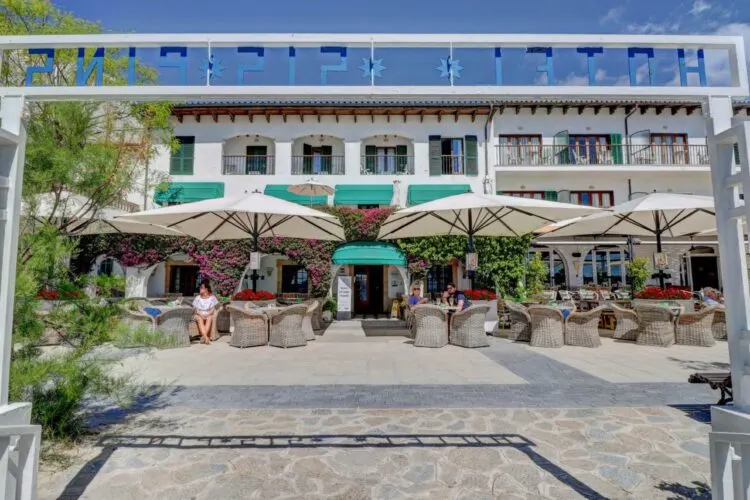
Stay at the Hotel Sis Pins on the the seafront in Port de Pollença
The cathedral is a huge and inspiring structure. Although medieval in origin it has gorgeous Modernista influences that were added by Antonio Gaudi in the 19th century.
I especially loved the more recent side chapel by contemporary Spanish artist, Miquel Barceló. Here the ceramic surface was covered with fish and other wriggling, writhing creatures.
Wandering the old streets
After visiting that cathedral we wandered around the old streets near the cathedral while eating ice cream. We photographed the two well-known Modernista houses of Can Rei and L’Aquila. Finally we stopped for a drink in a leafy square.
Before long our short sightseeing tour of Palma was up and it was time to return to the Placa Espanya to pick up our bags and return to the airport.
Our walking break had taken us from quiet mountain villages to busy coastal resorts, from the views of the Tramuntana mountains to the buzzing town squares packed with bars and restaurants and finally to the sophisticated island capital of Palma.
Next time I’d love to go back with for a driving holiday to explore even more of the hidden charms of Mallorca away from the coast. For me those mountain paths and quiet villages feel like the real Mallorca.
Read about the first part of our walk on the Dry Stone Route here
If you’d like to walk the Dry Stone Route
If you plan to walk the GR221 Dry Stone Route I recommend the guide book that we used Trekking through Mallorca – GR221 The Dry Stone Route by Paddy Dillon published by Cicerone. Looking for a guide book for Mallorca? We recommend the Lonely Planet Mallorca Travel Guide.

Are you planning to walk the Dry Stone Route? We recommend Trekking Through Mallorca: GR211 The Dry Stone Route
To get to Palma airport from the centre of Palma we took the airport bus No 1 which runs every 15 minutes from Placa d’Espanya where the train and bus station are located. Cost around €3 one way.
Information on routes, timetables and costs of the excellent regular bus service throughout Mallorca, visit the Mallorca Transport website. We used the bus to get from Palma to Deia, from Cuber to Lluc and from Pollenca to Palma.
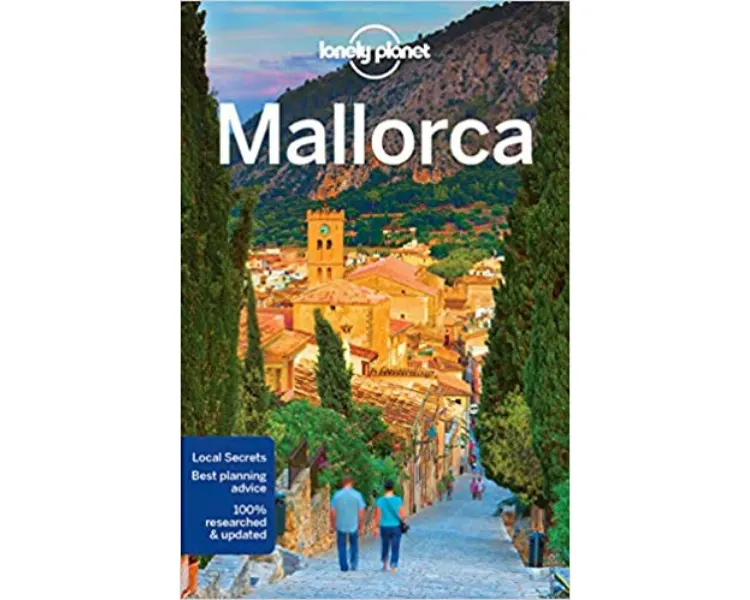
Looking for a guide book for Mallorca? We recommend the Lonely Planet Mallorca Travel Guide
You can buy the rather uncomplimentary account of Mallorca “A Winter in Mallorca” written by George Sand about the winter she spent there with her lover, the composer Frederic Chopin.
On this part of the route we stayed at Santuari de Lluc and Hotel Sis Pins in Port de Pollenca
Read Next
Day One – Hiking the GR221 Dry Stone Route in Mallorca – Deia to Lluc Monastery
Pin it
This article is originally published at Heatheronhertravels.com

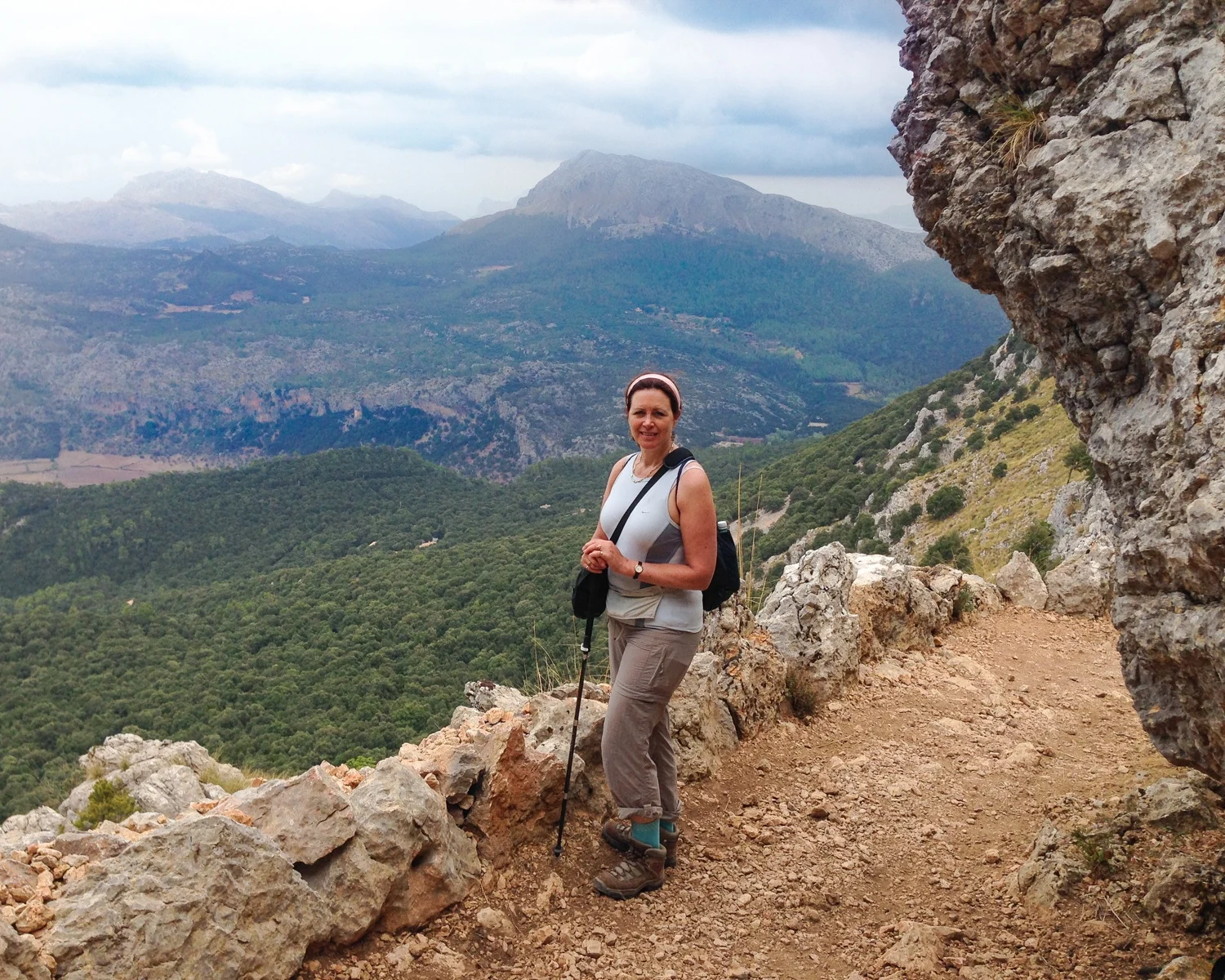
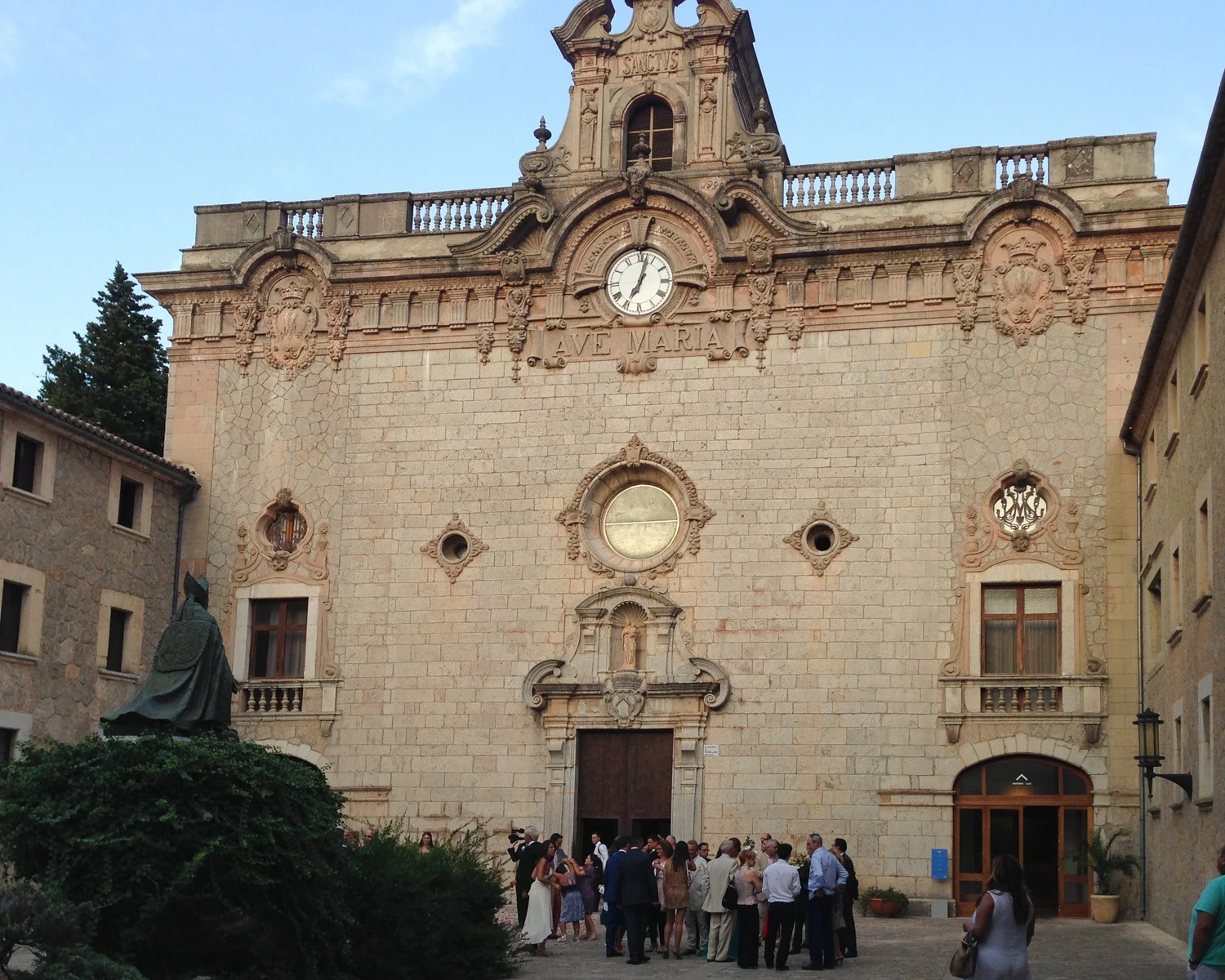
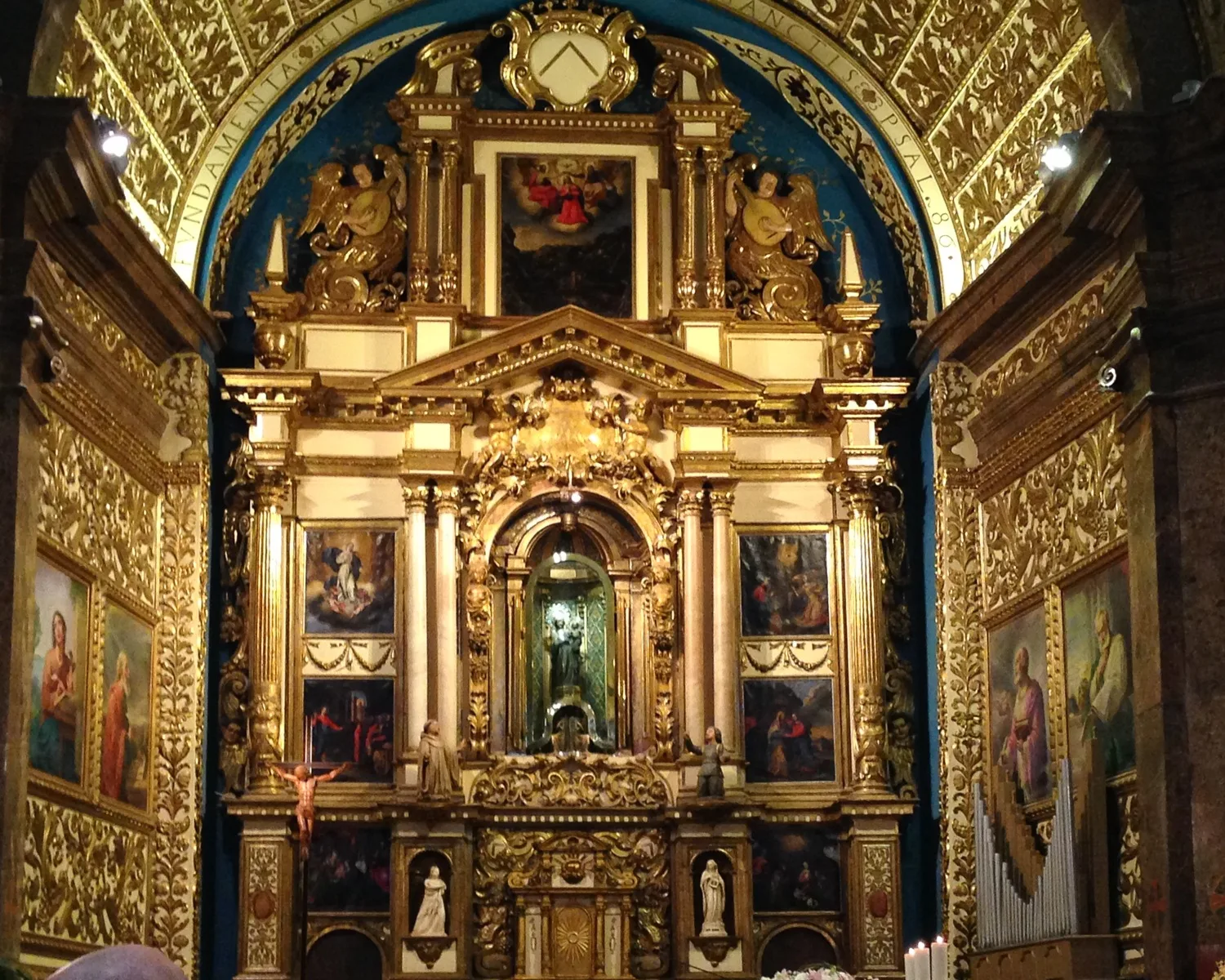
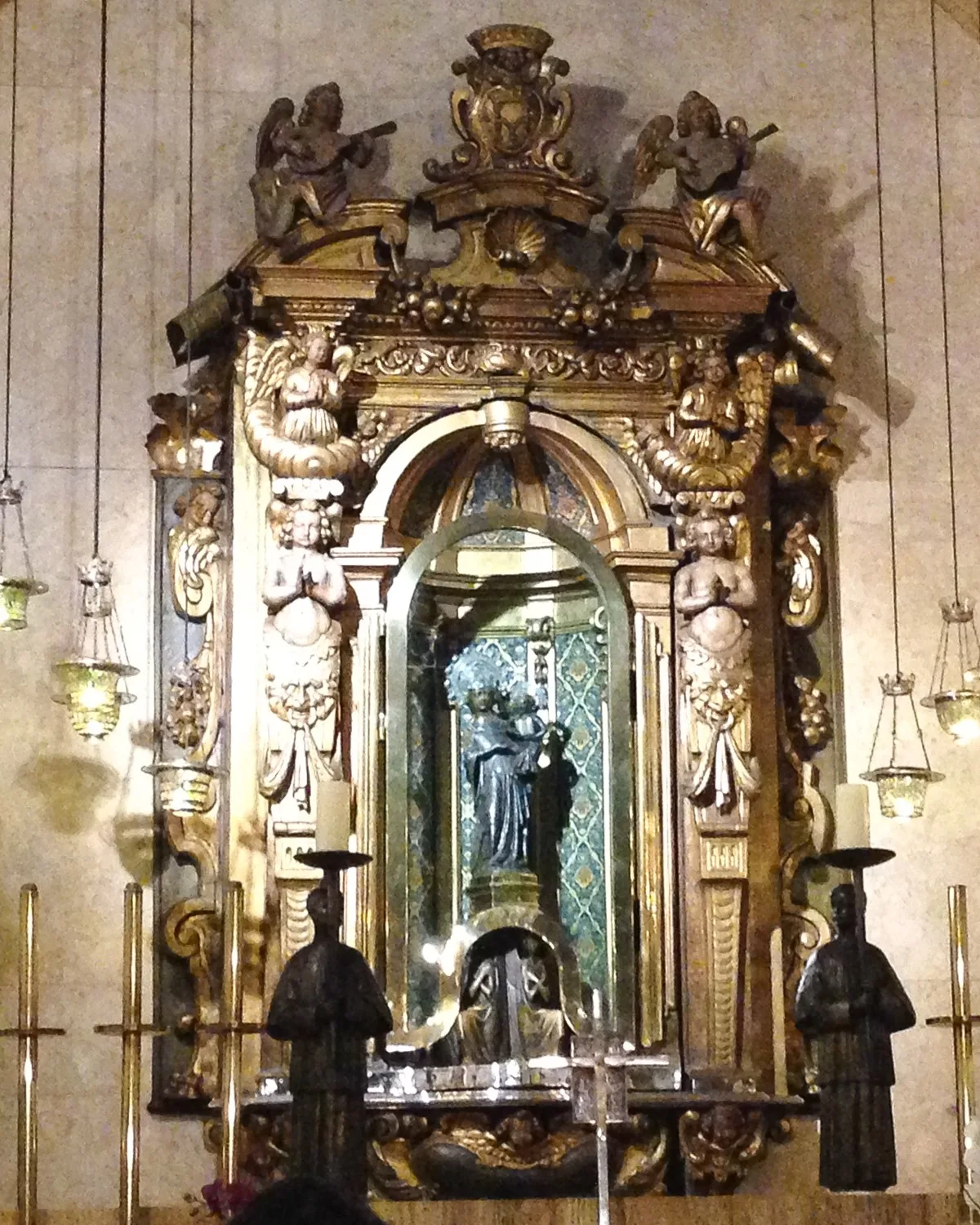
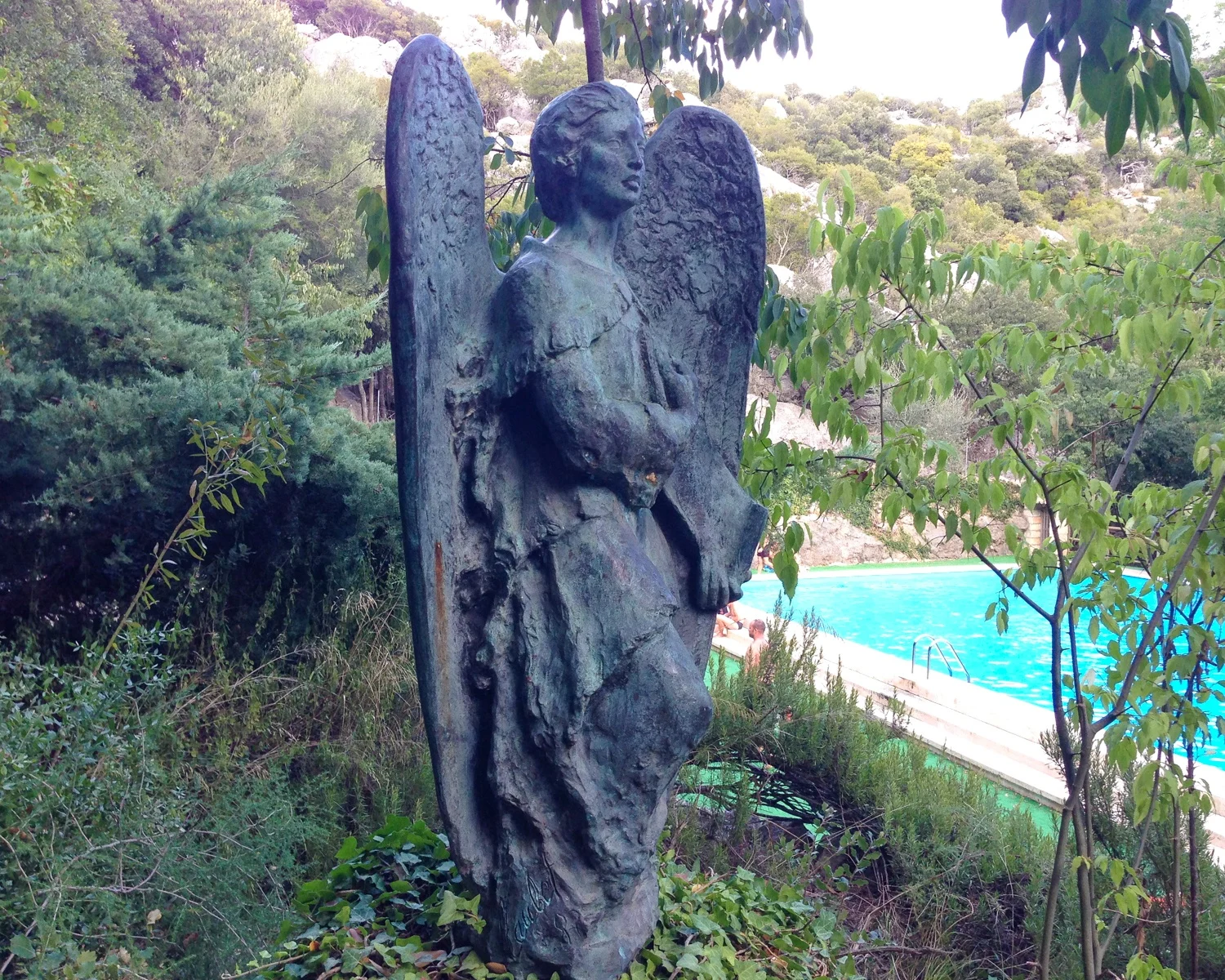
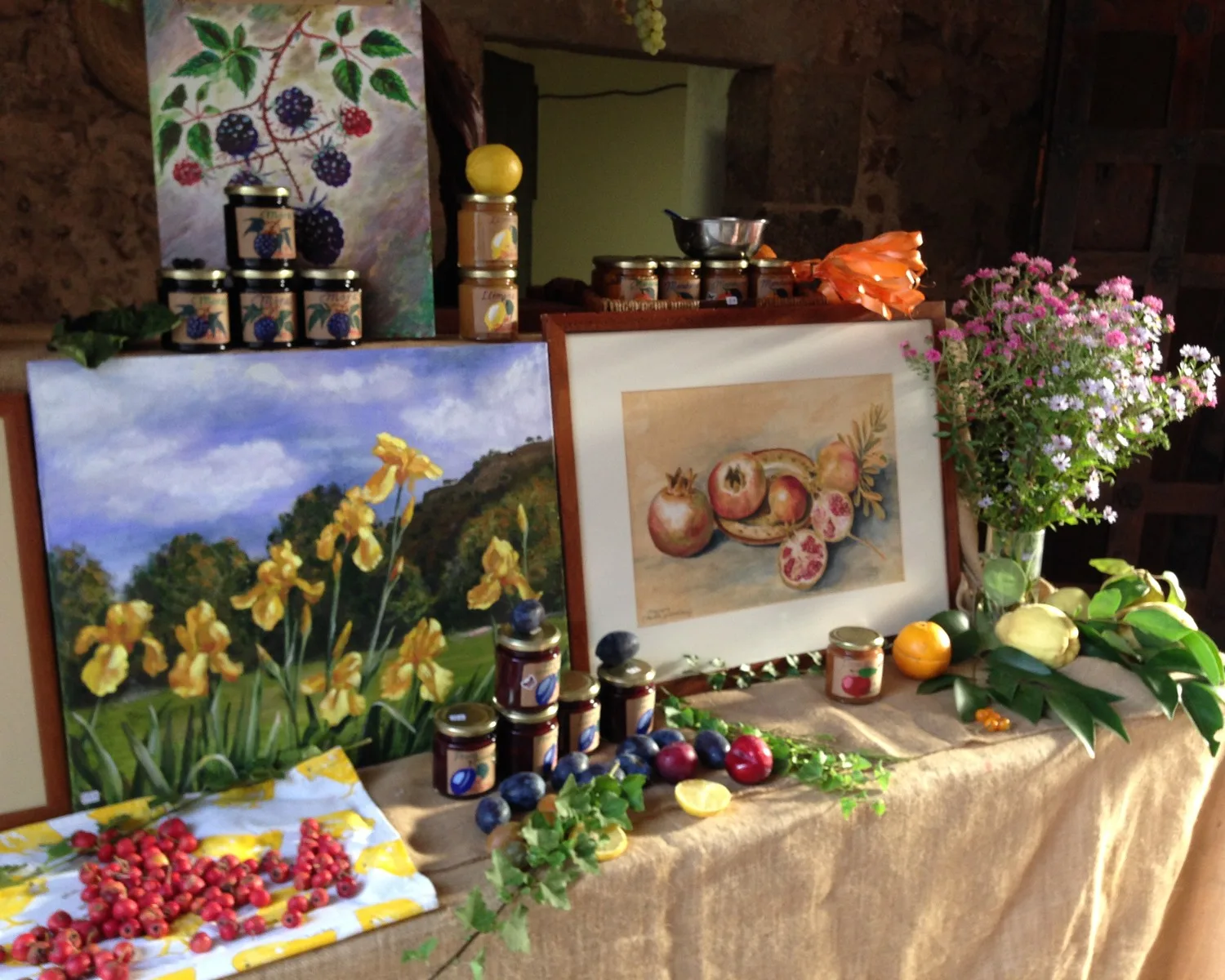
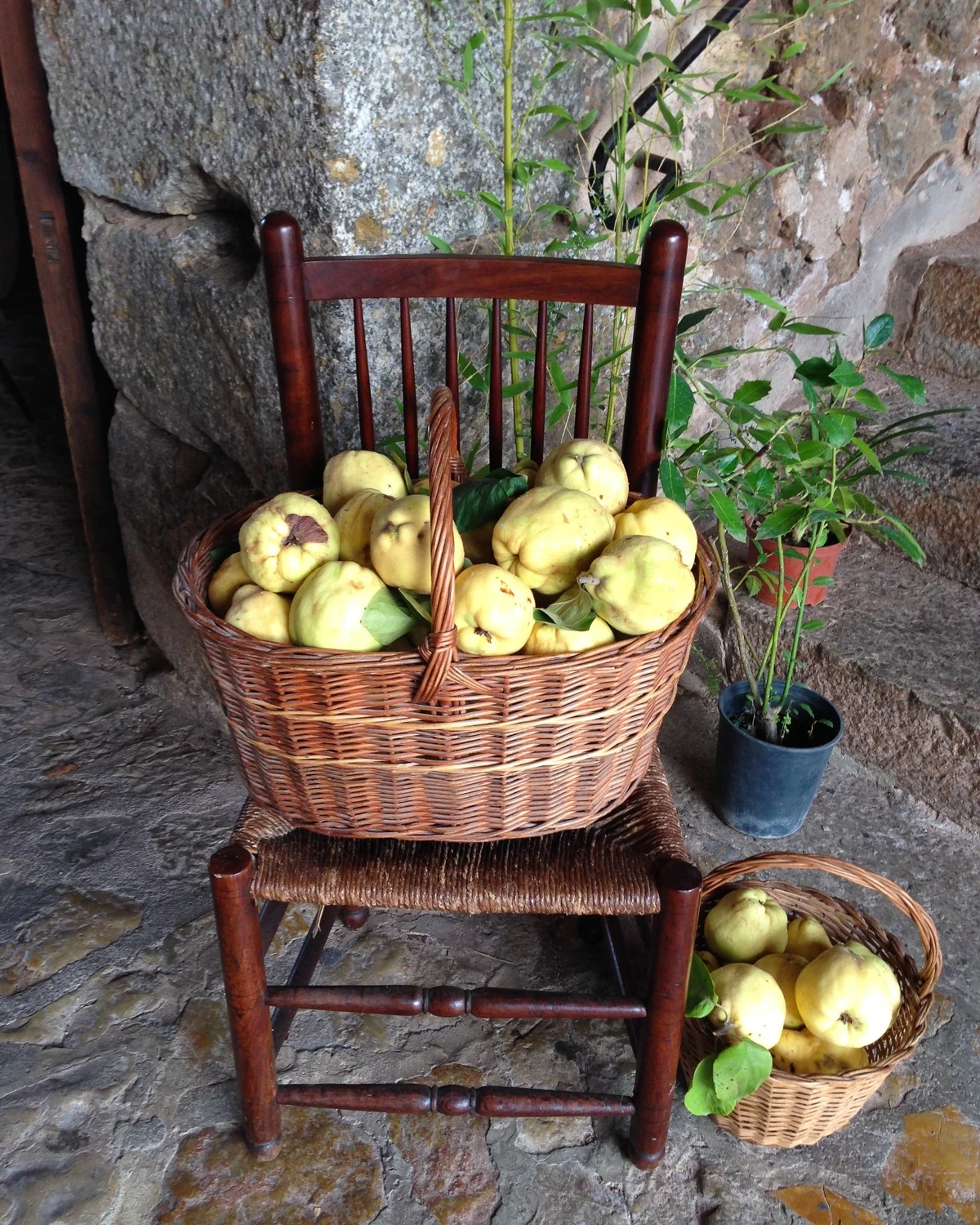
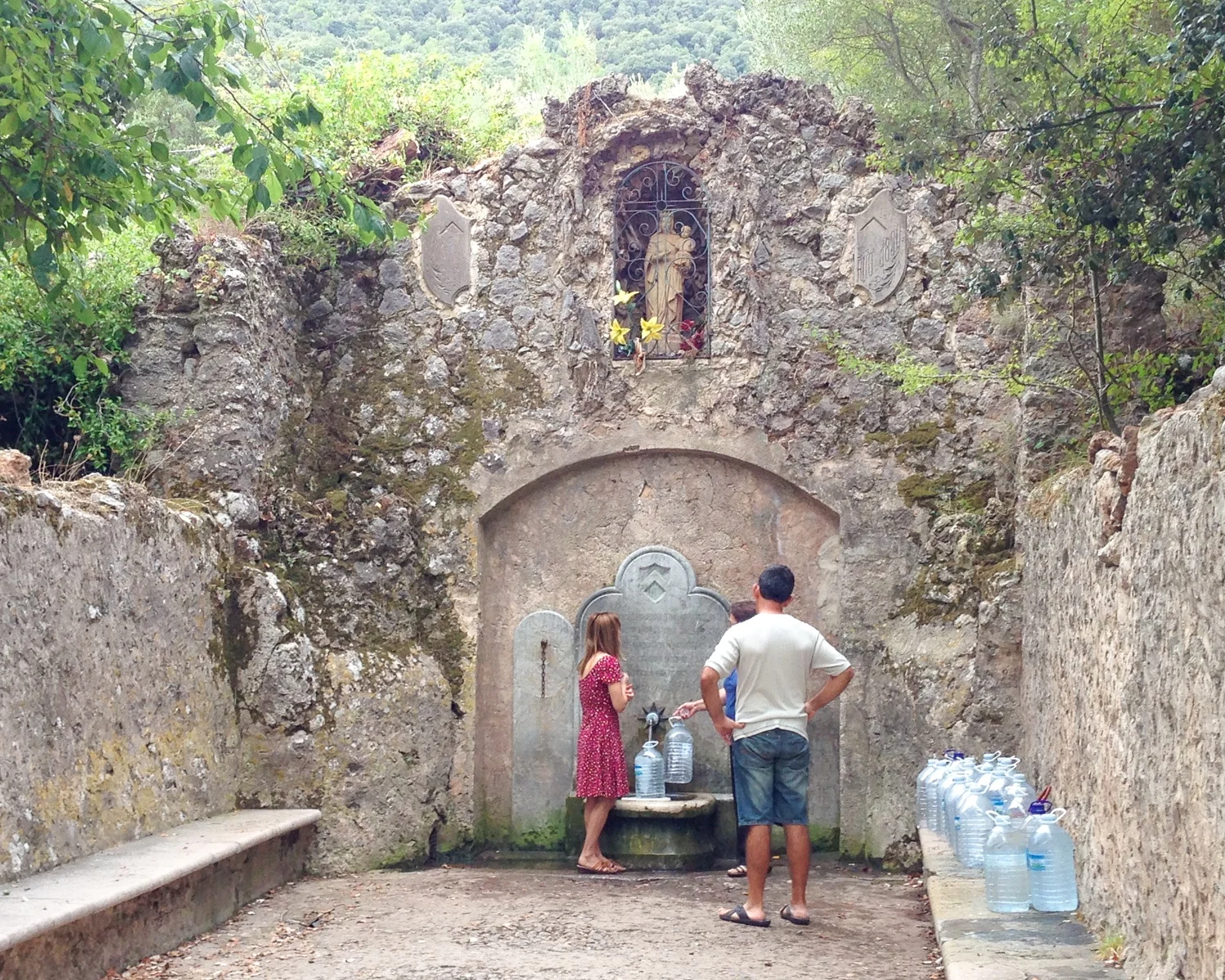
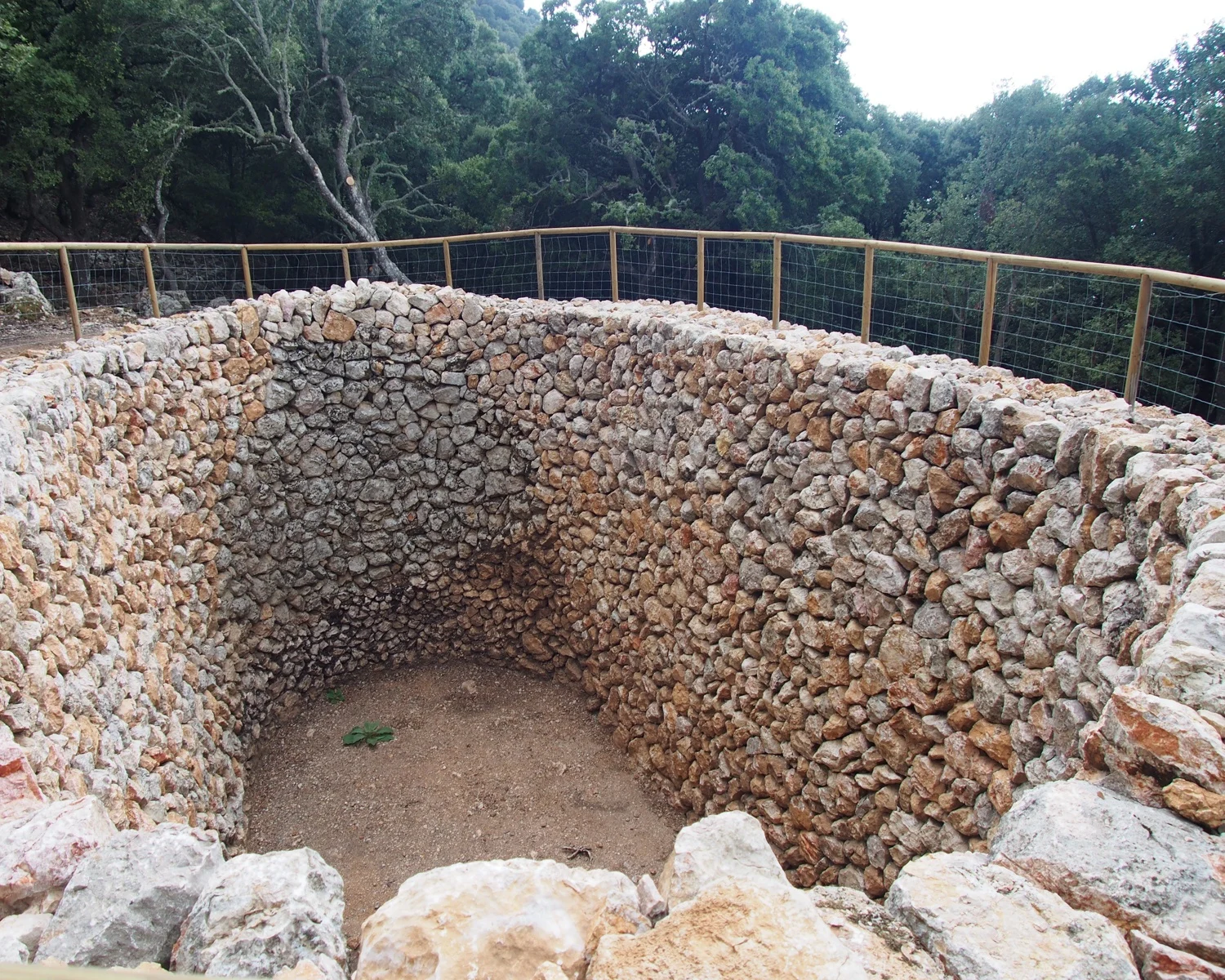
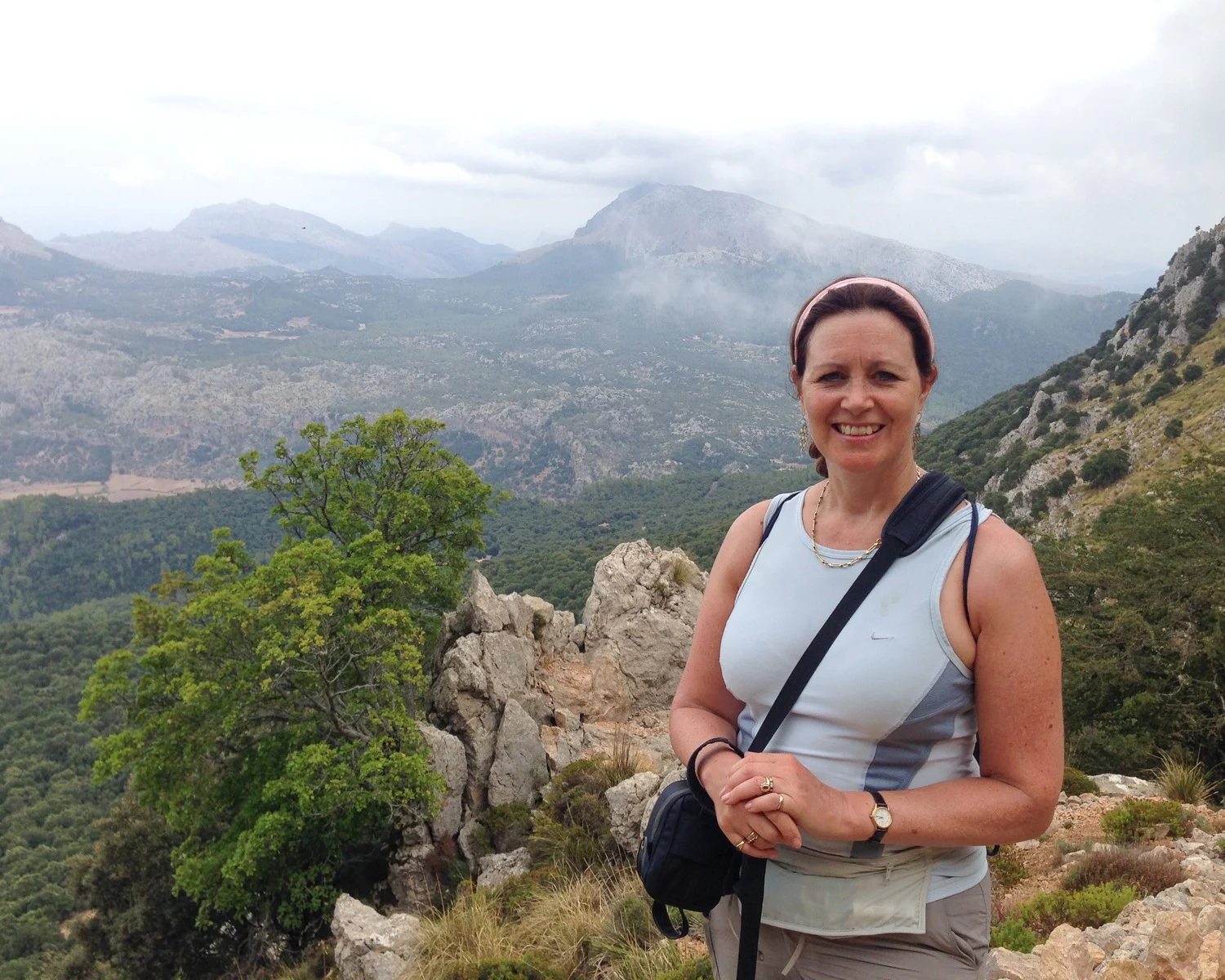
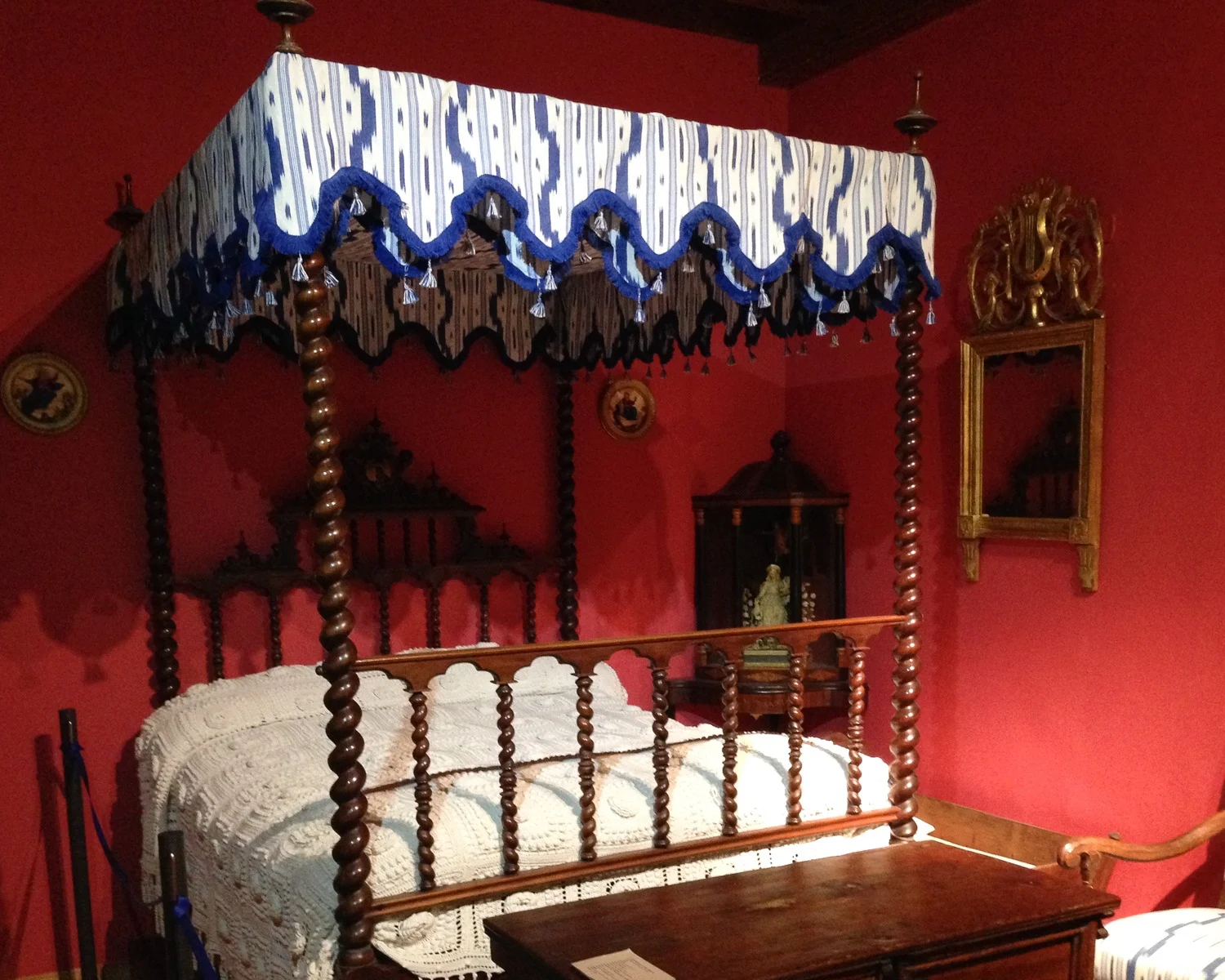
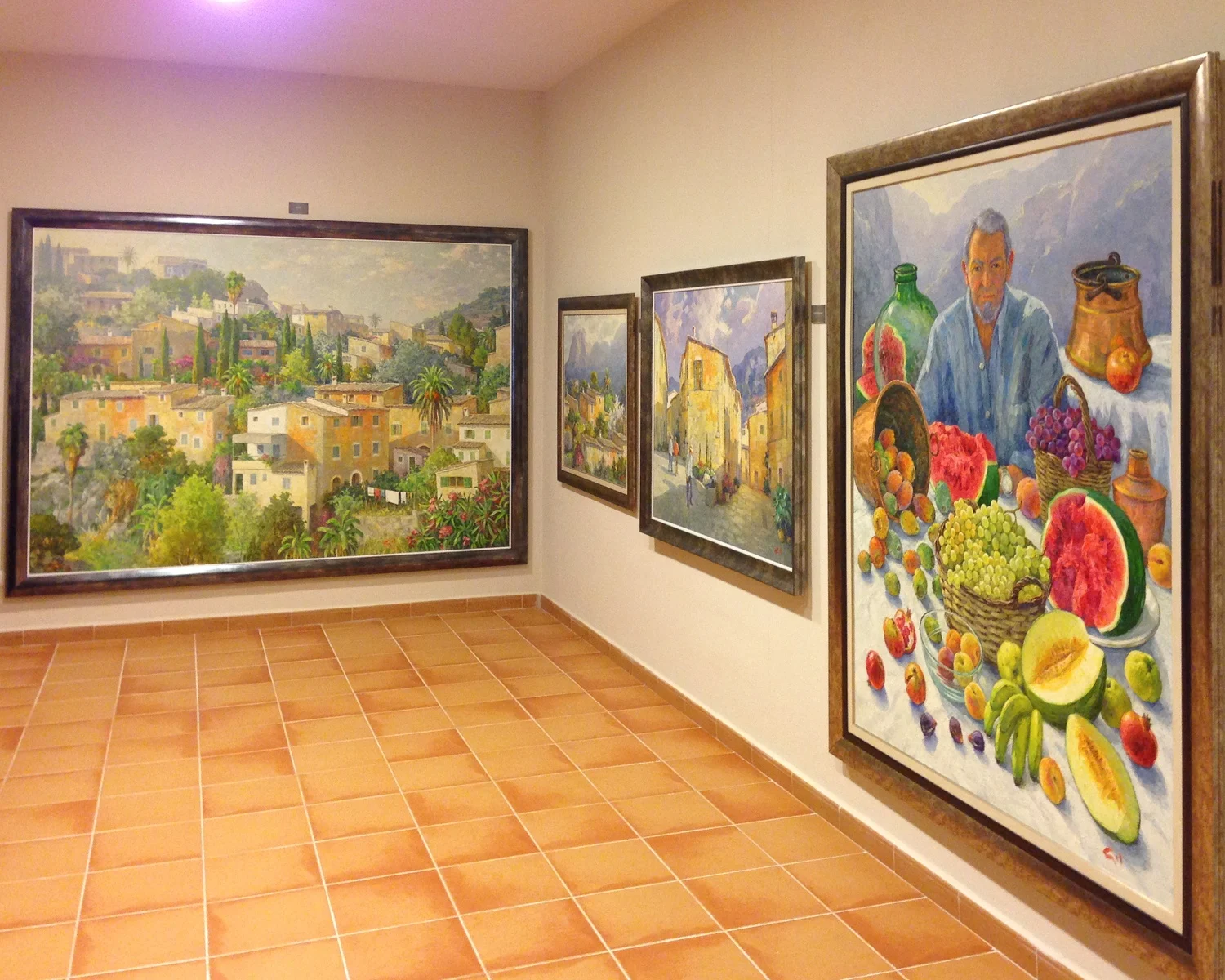
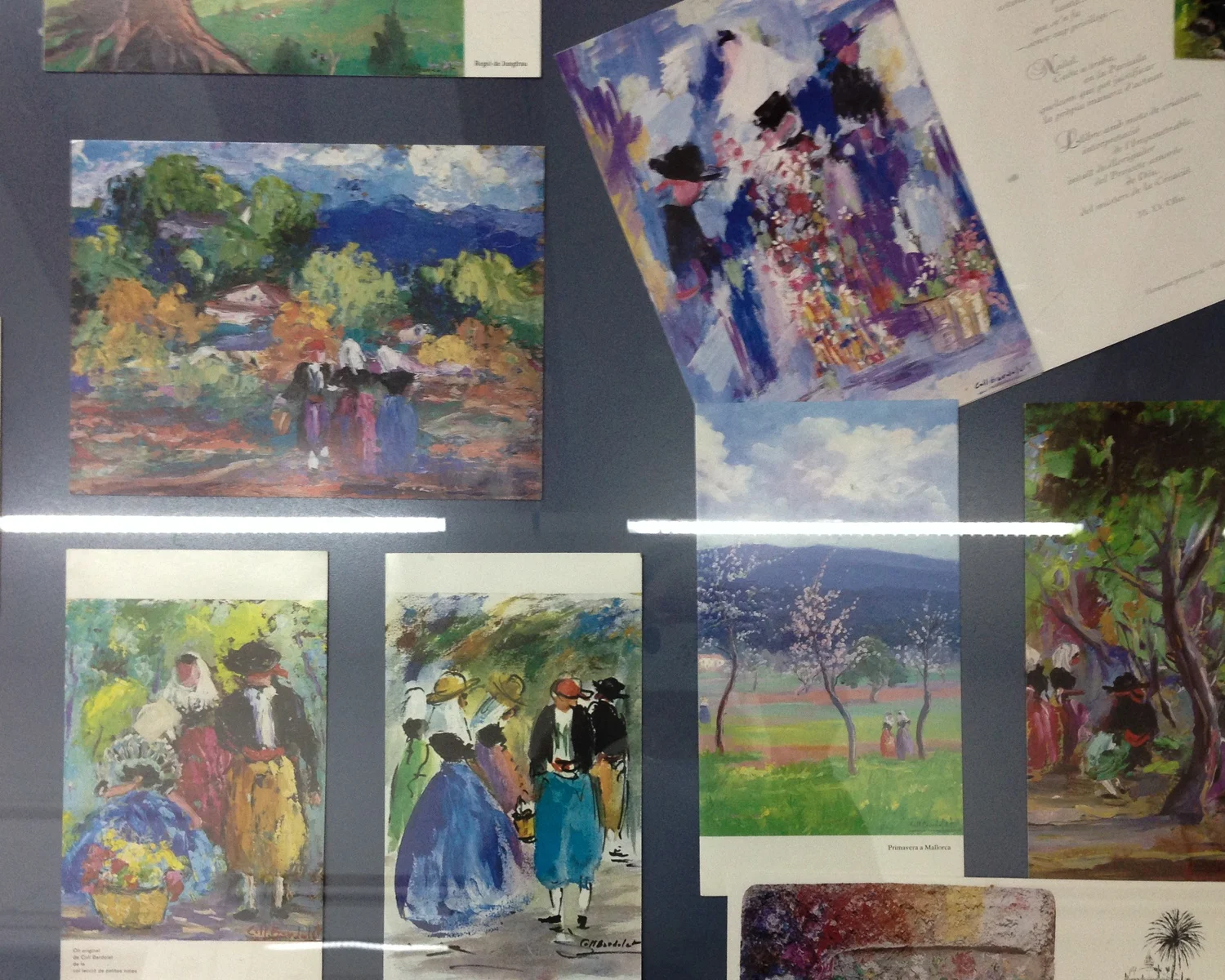
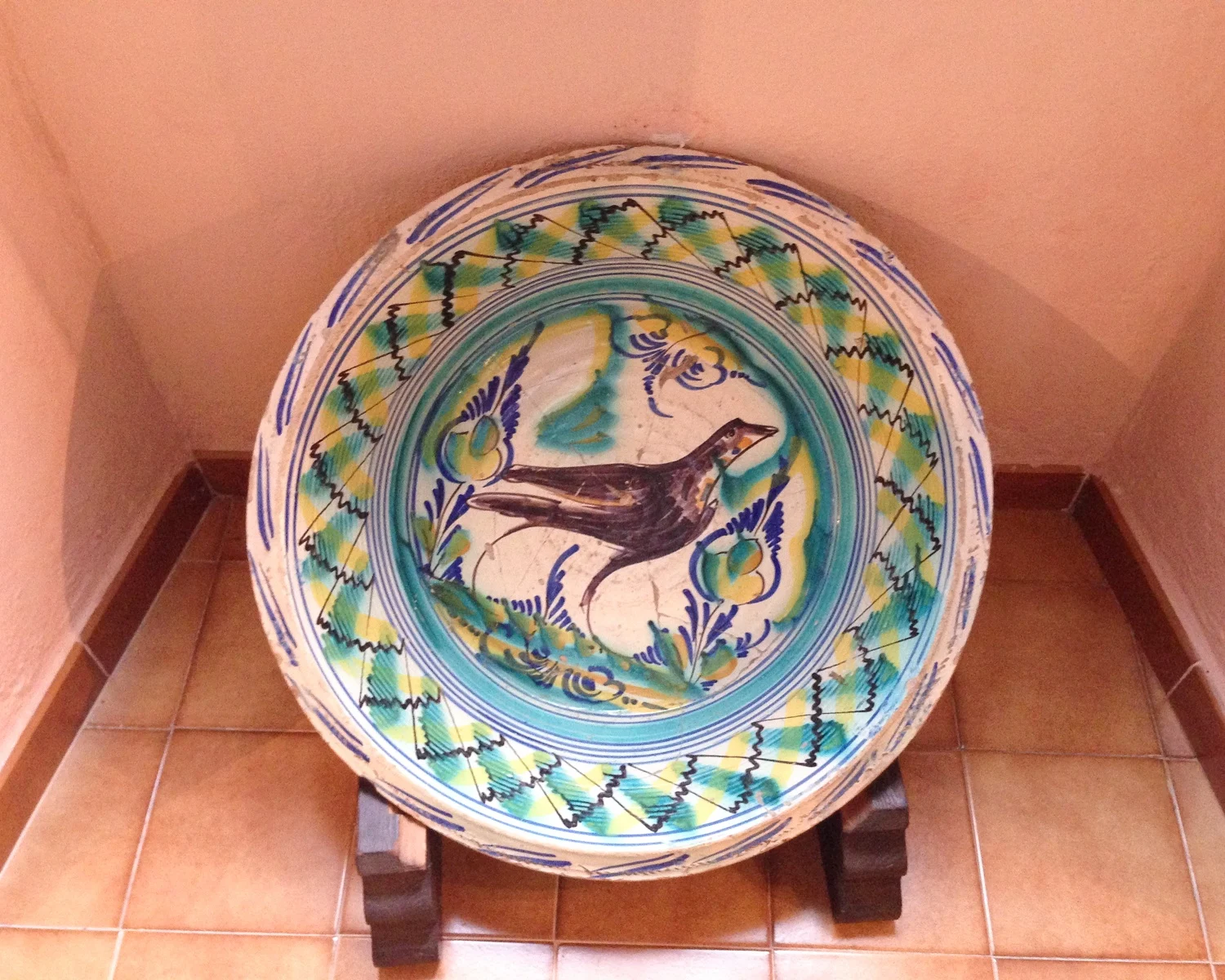
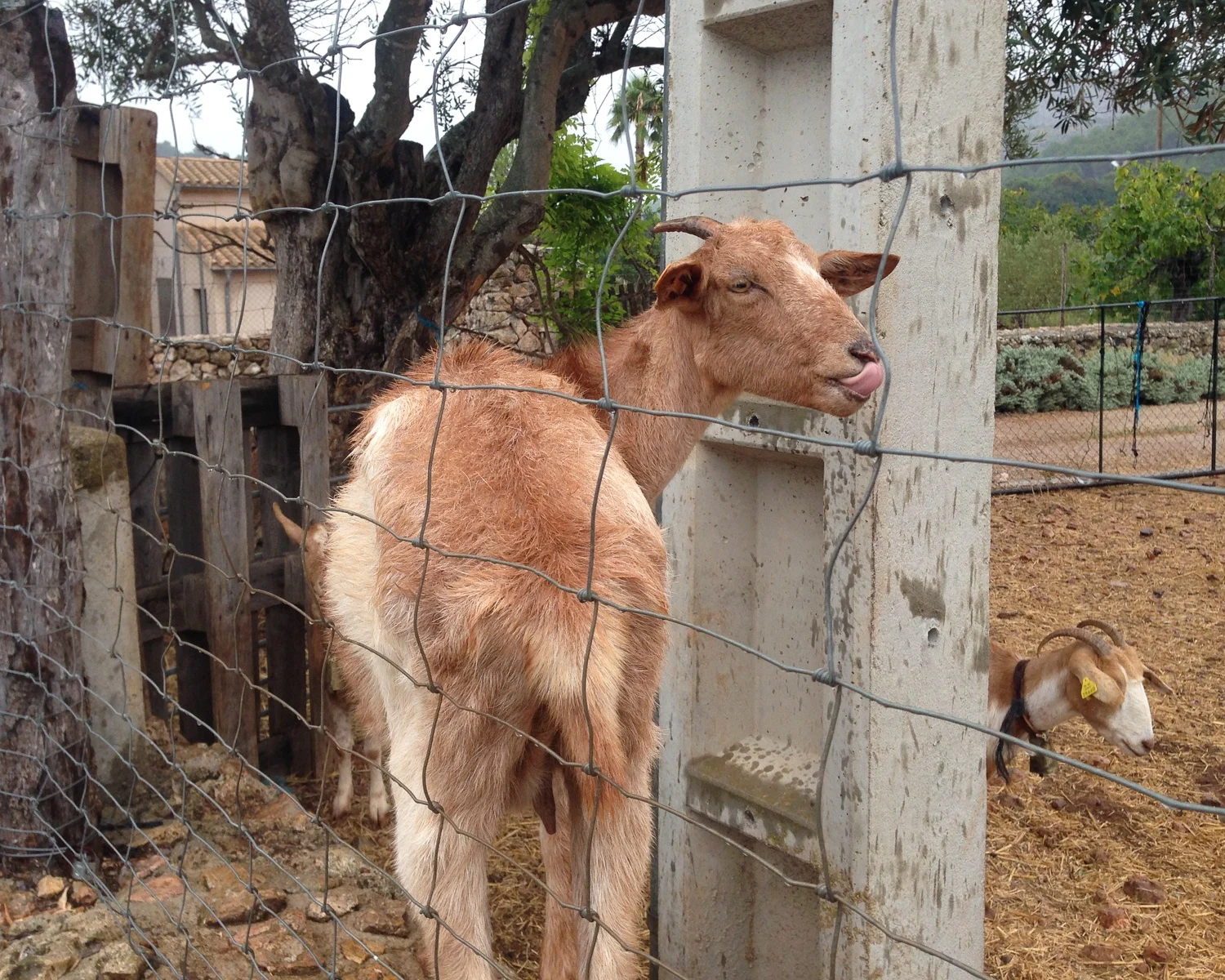
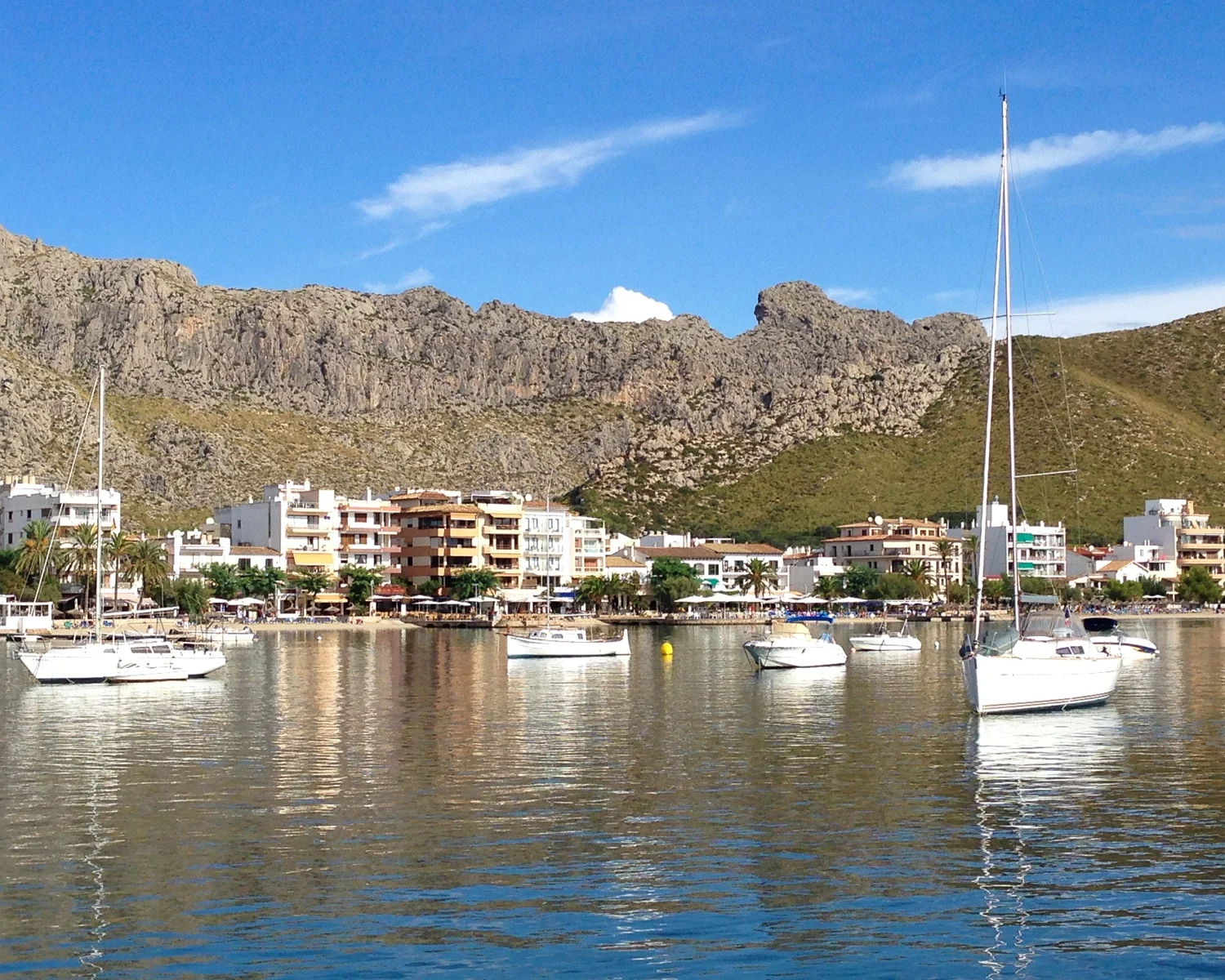
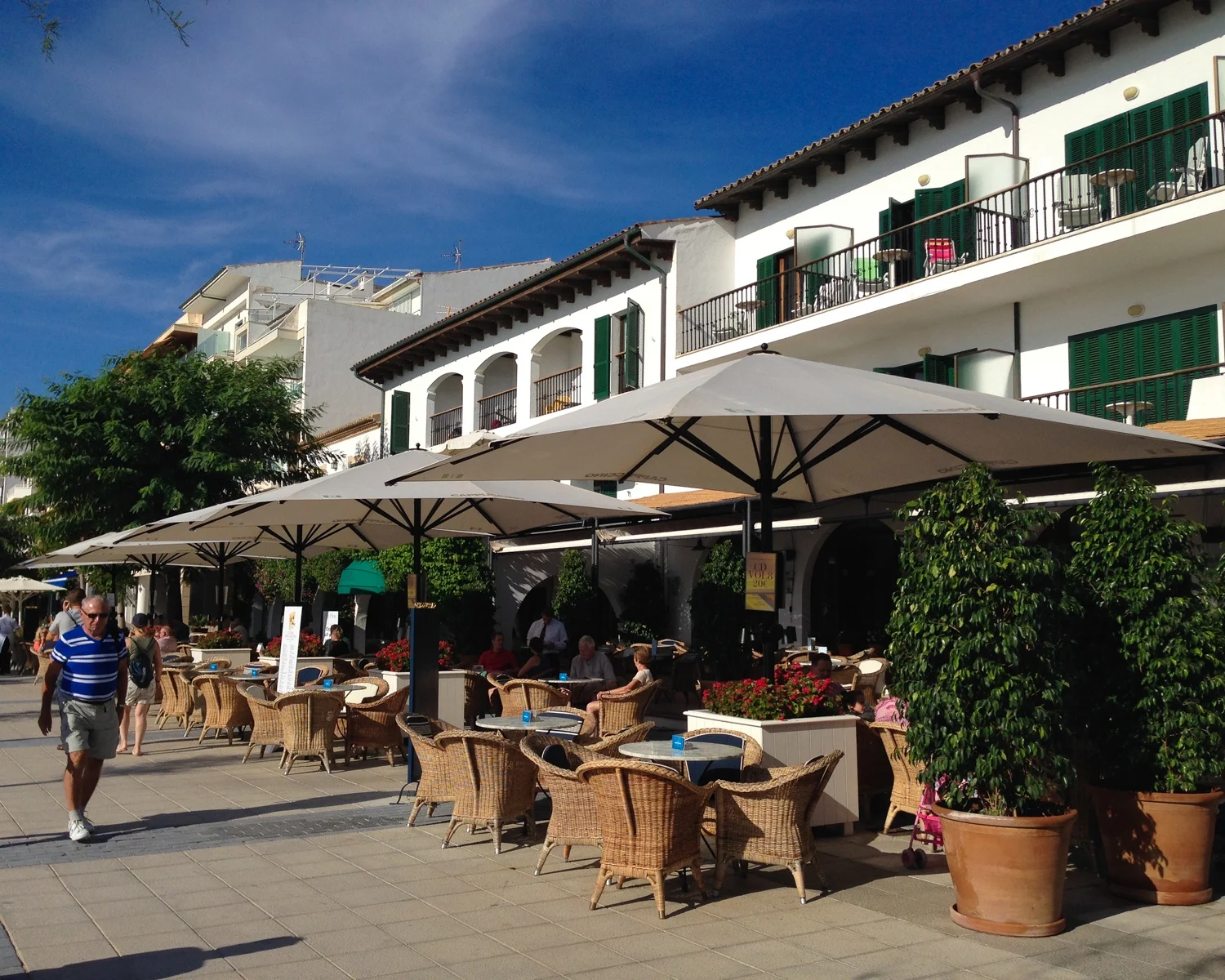
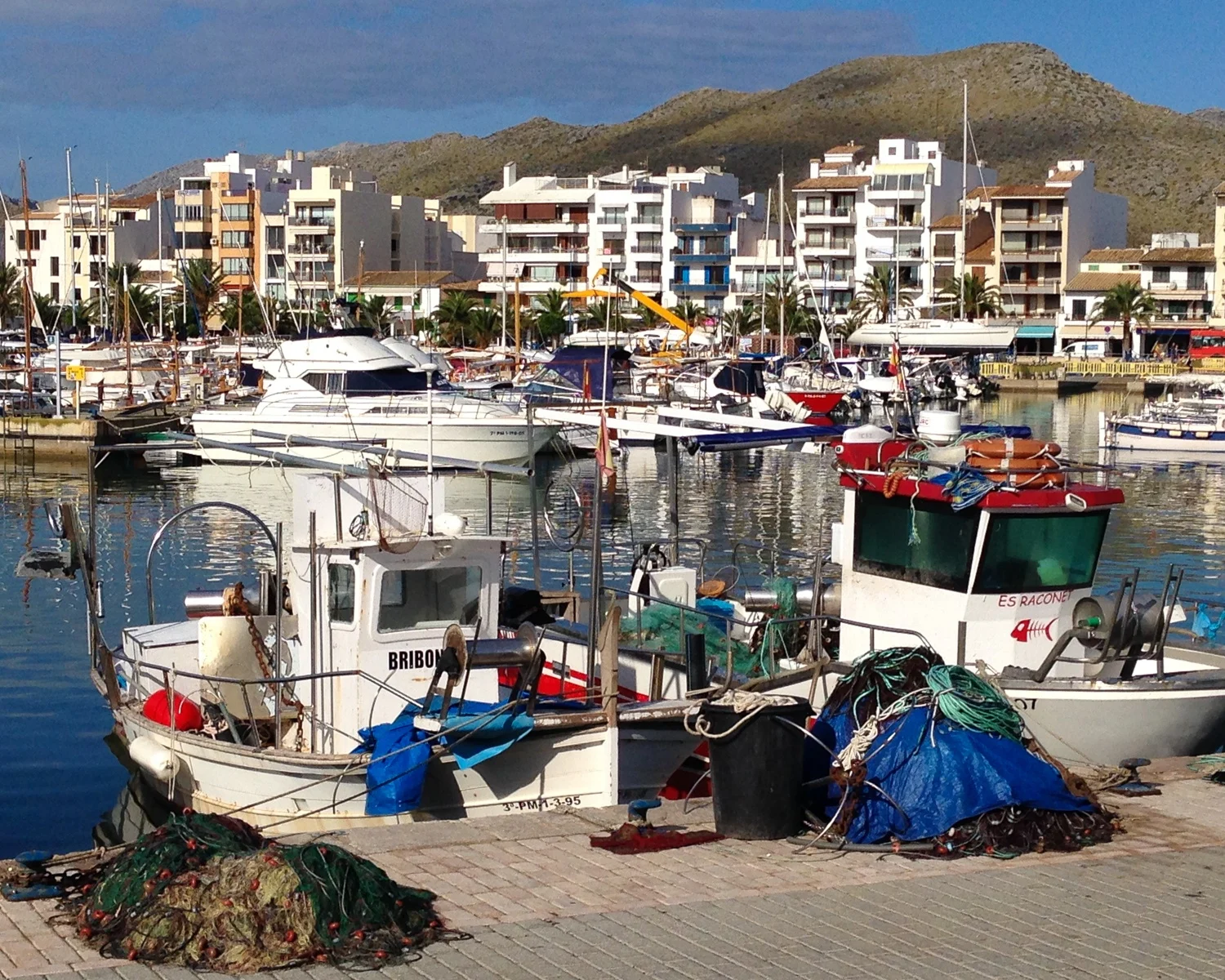
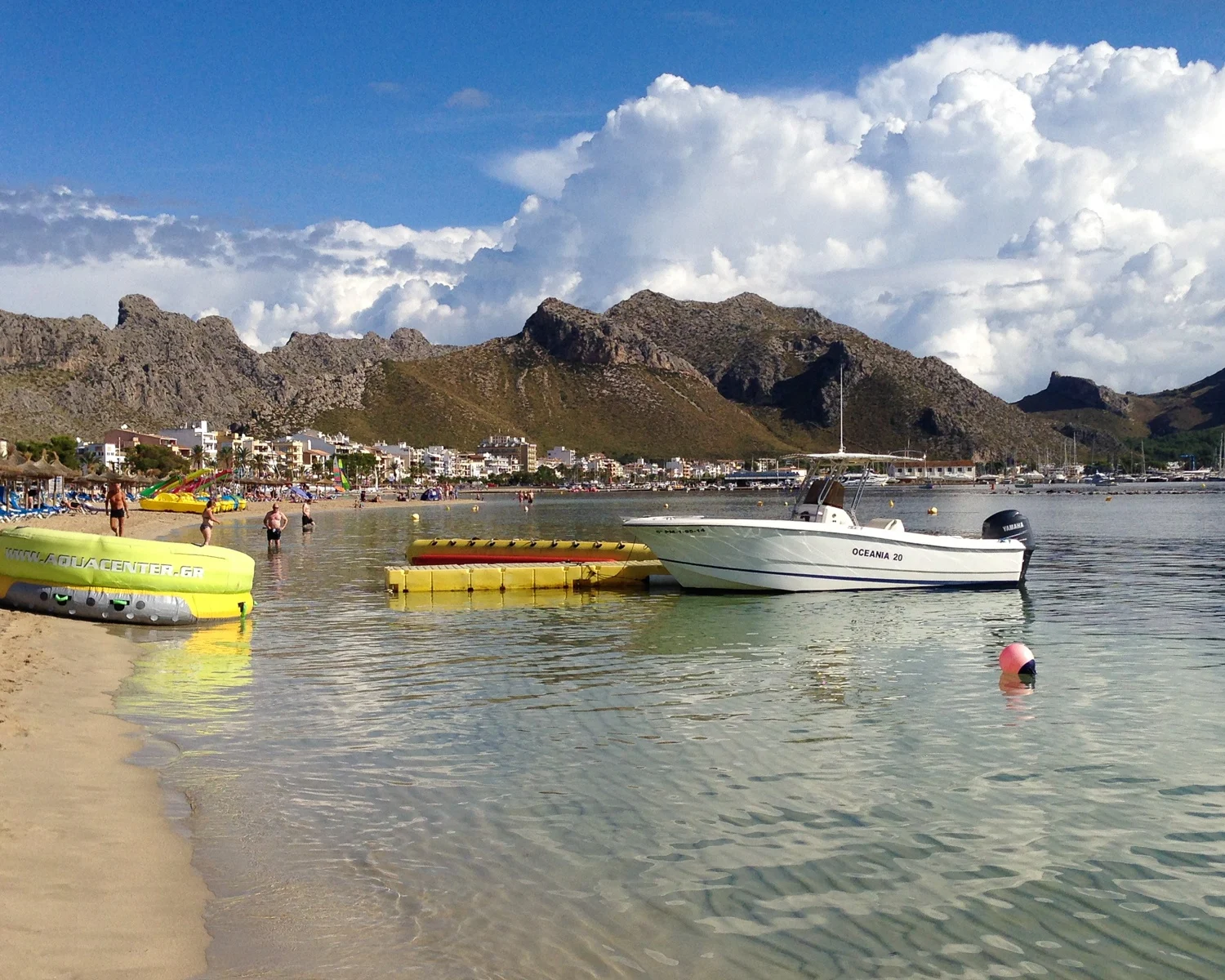
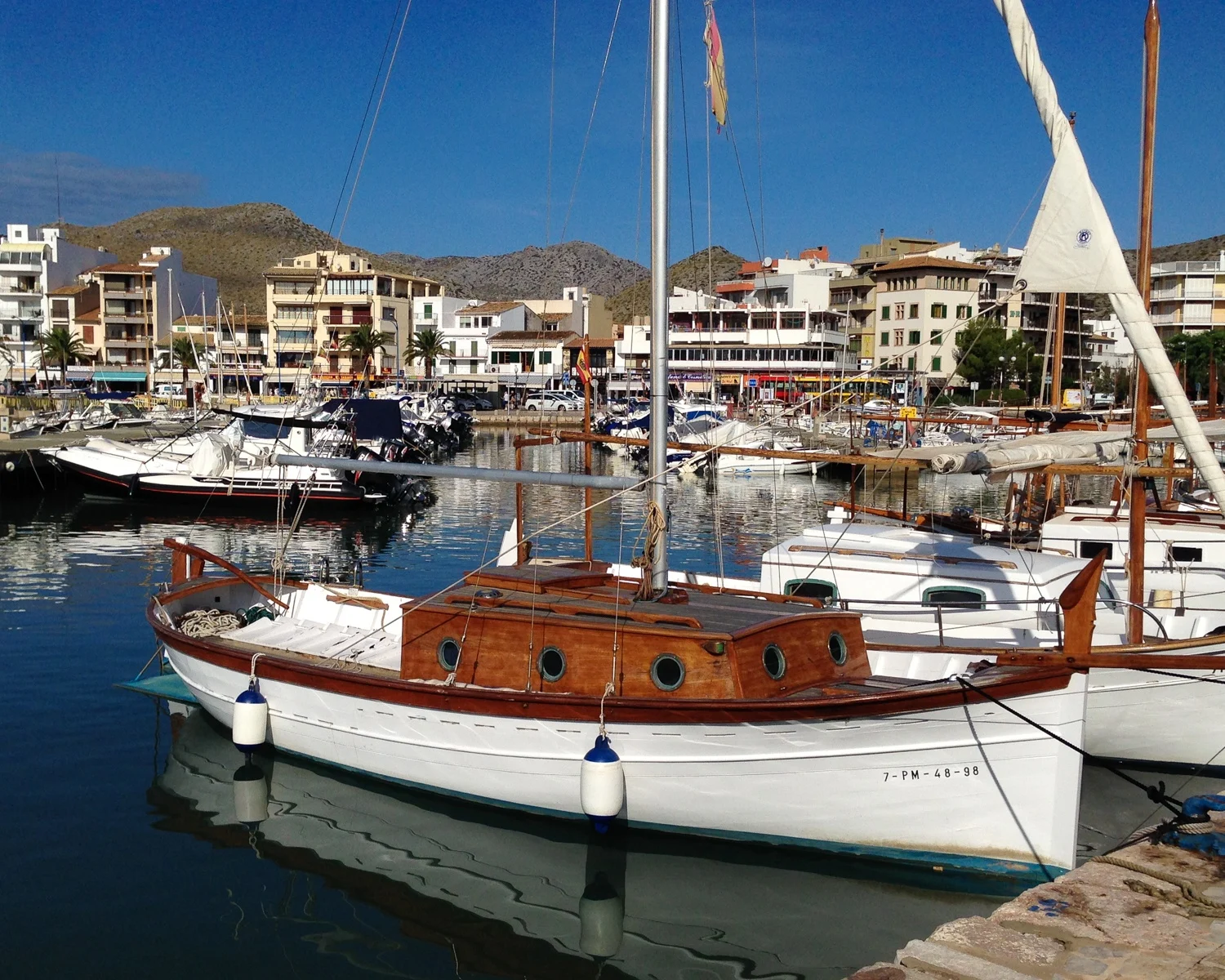
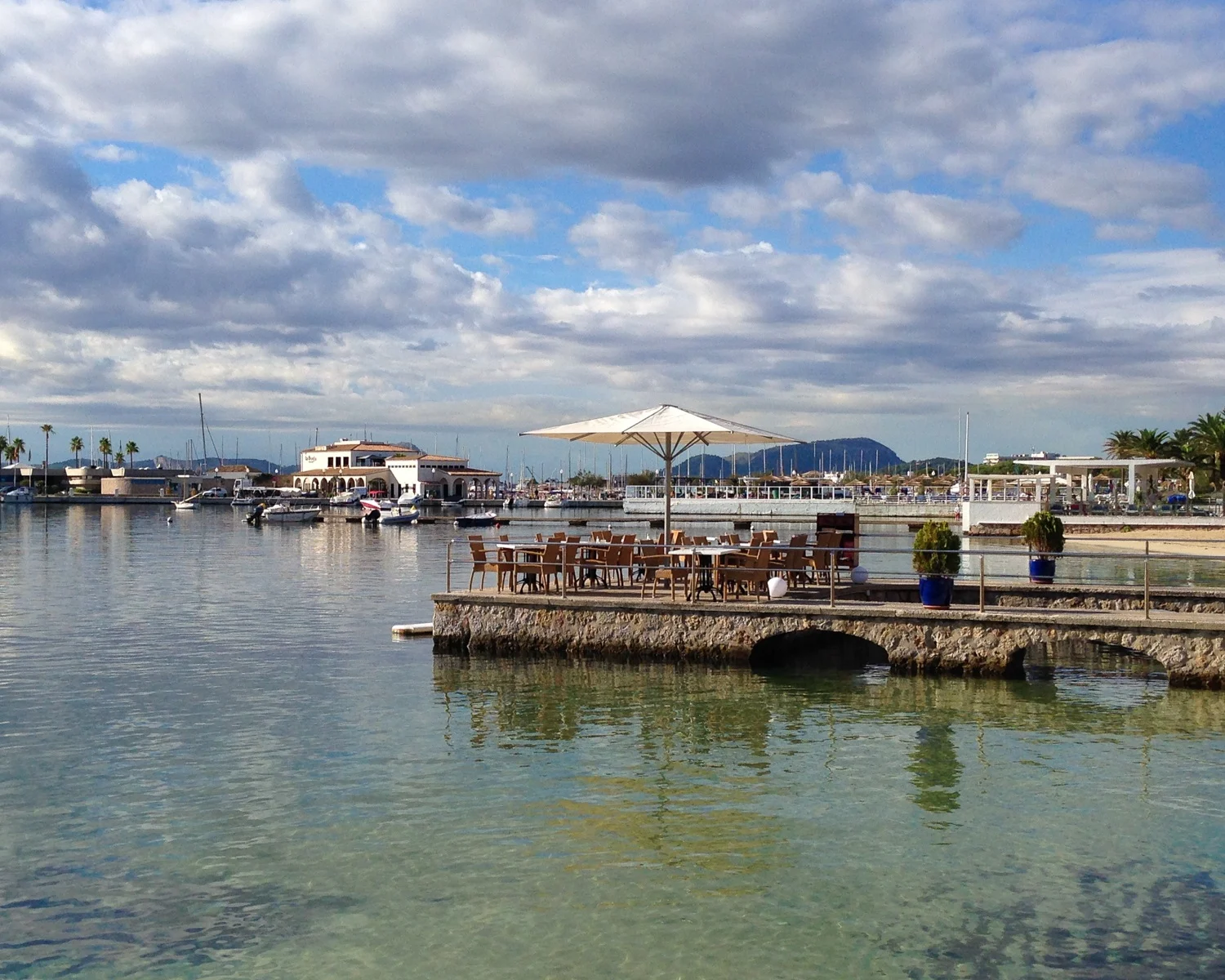
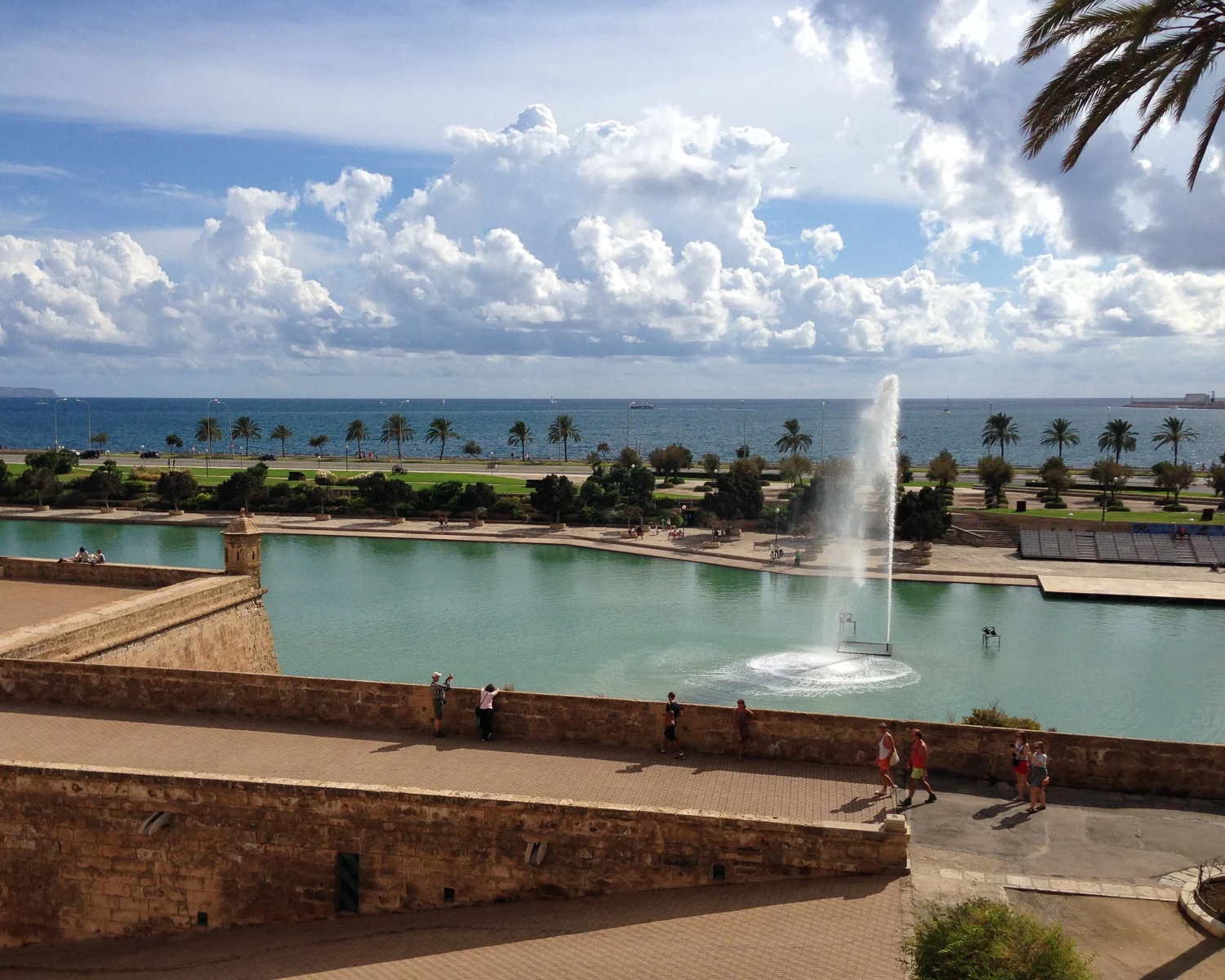
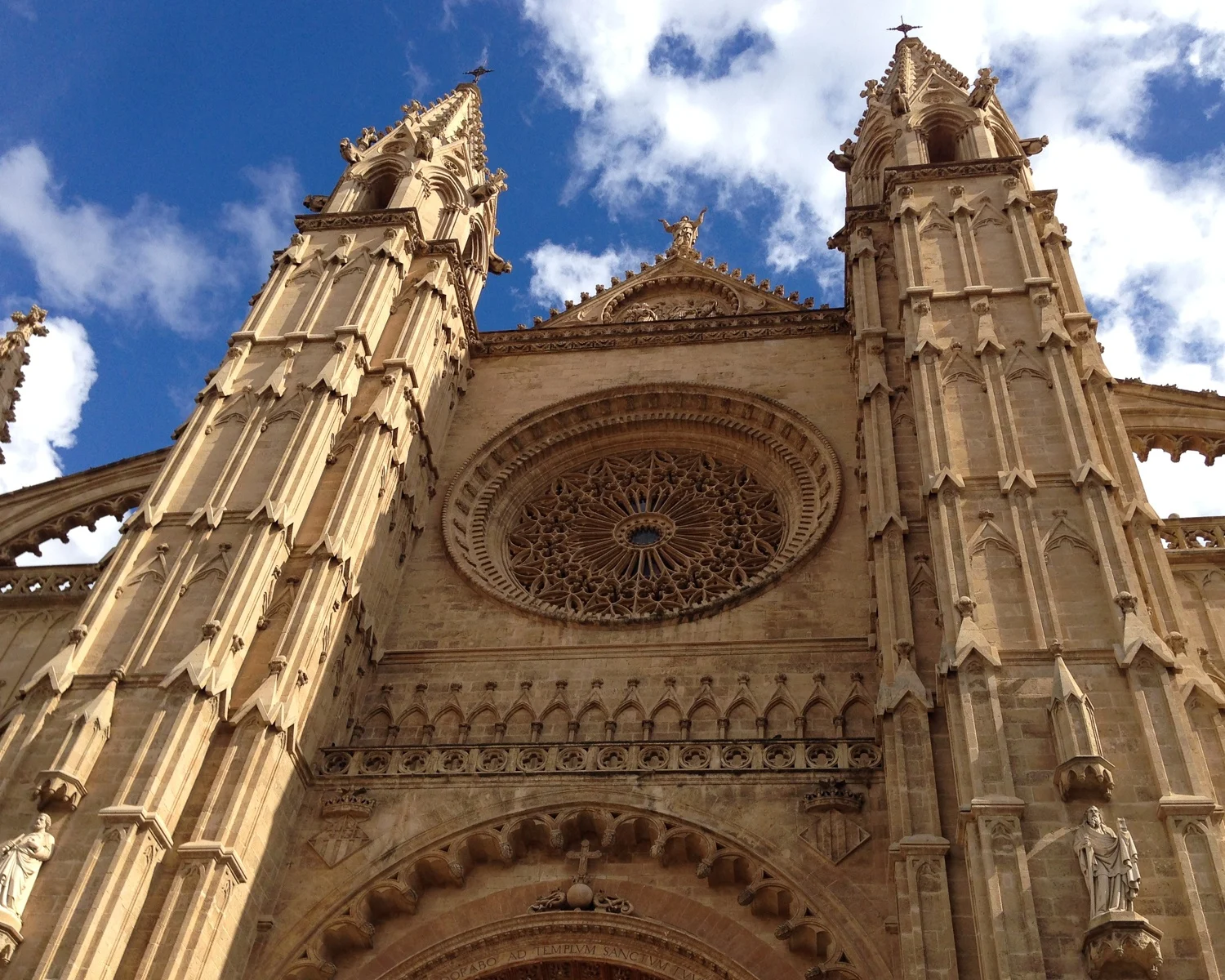
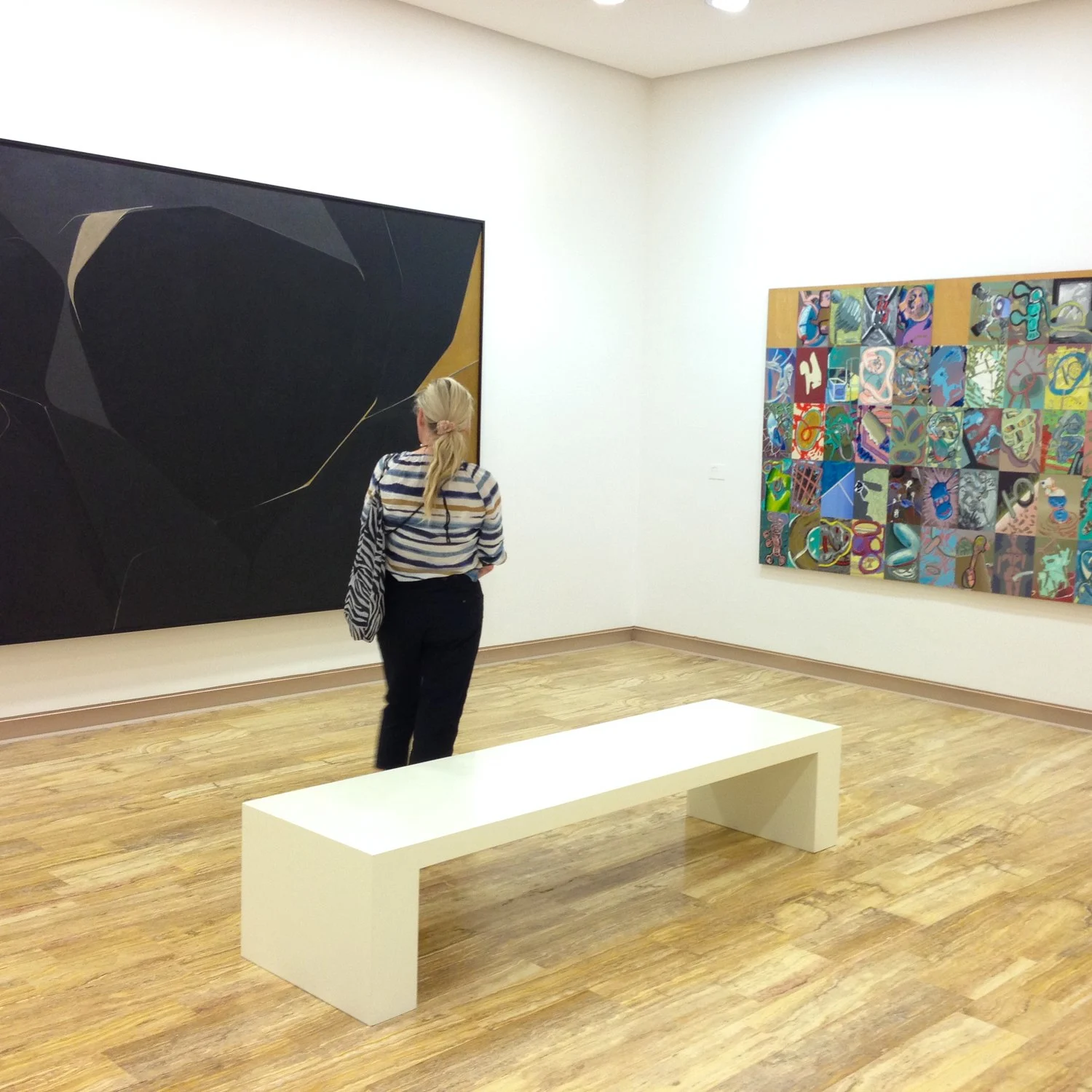
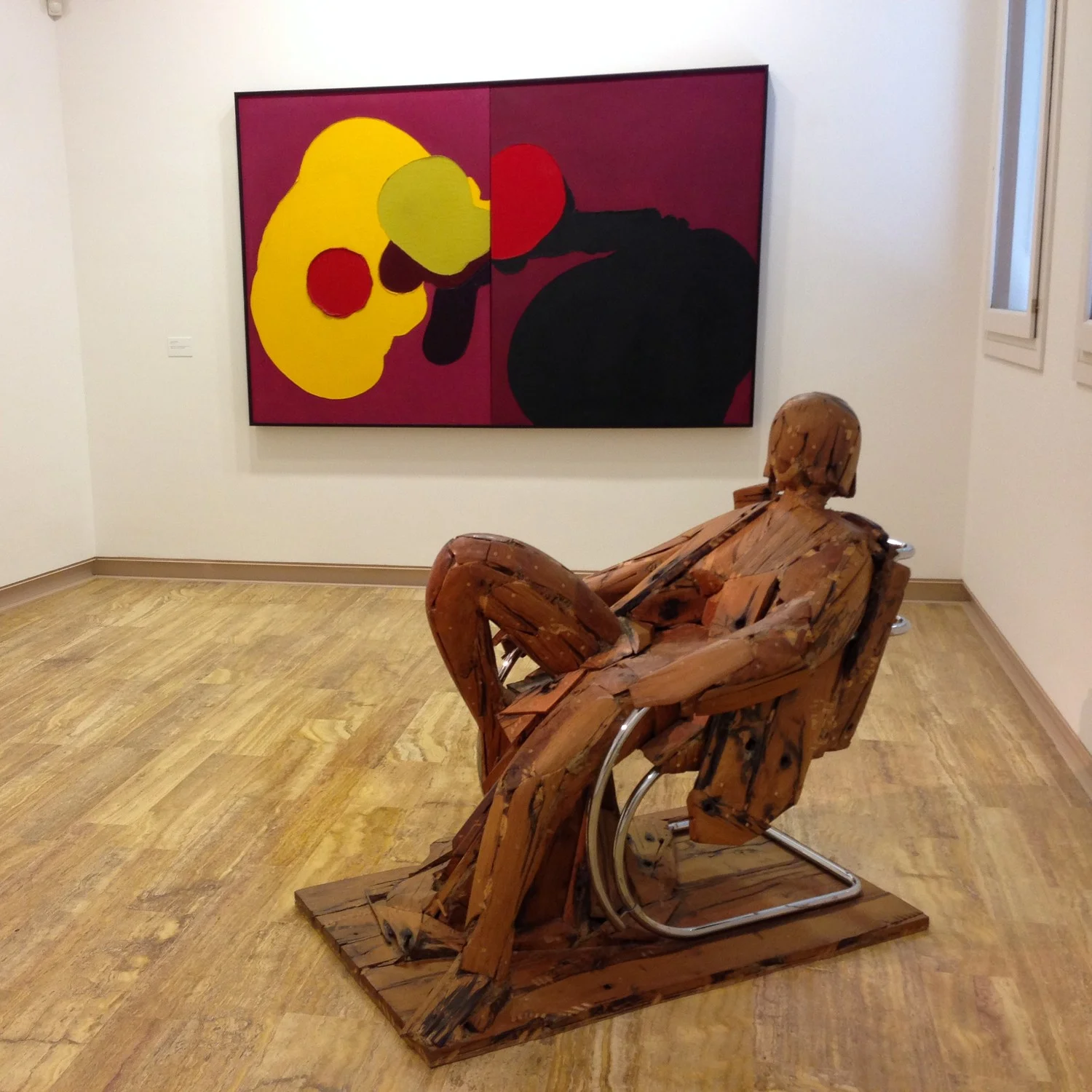
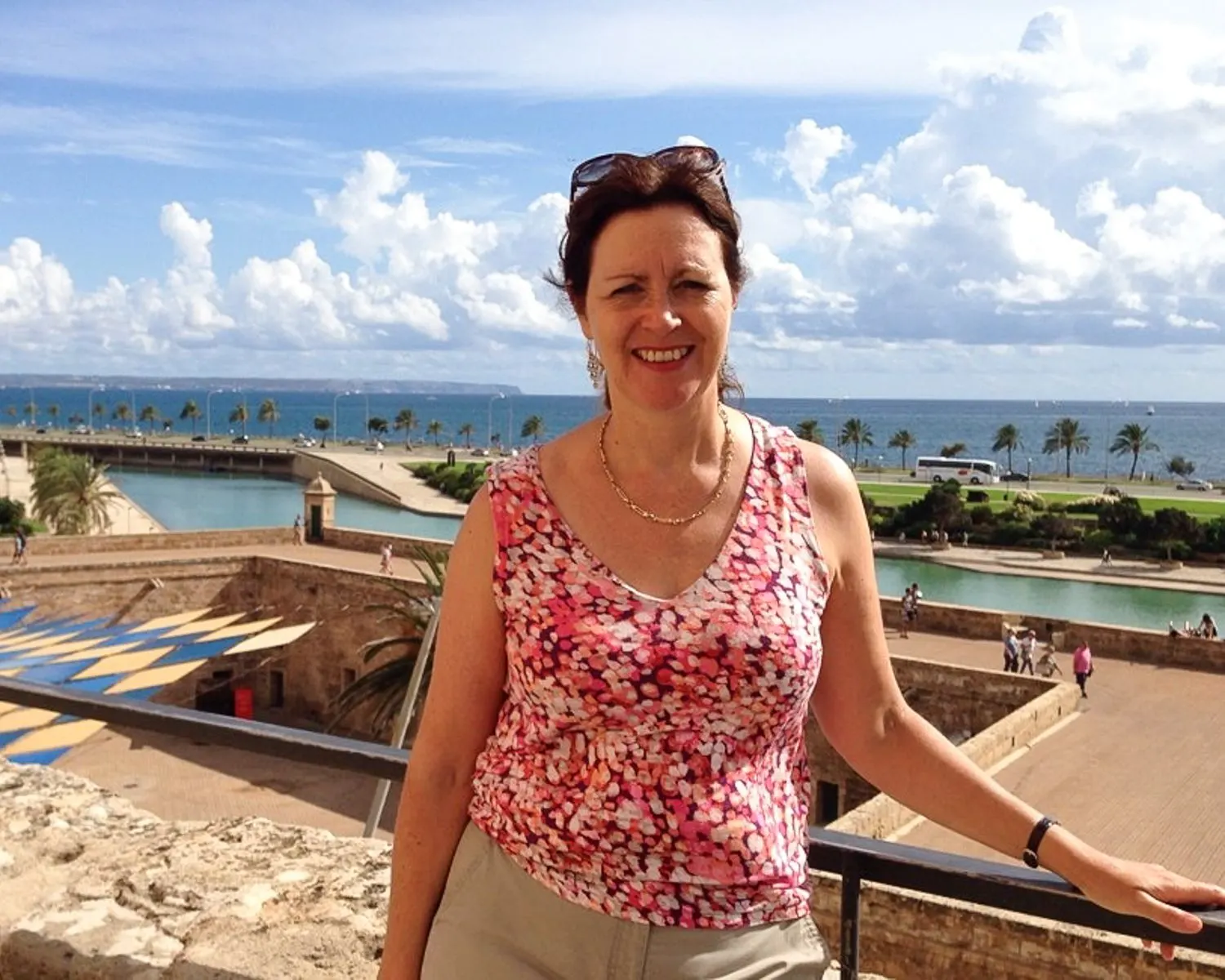
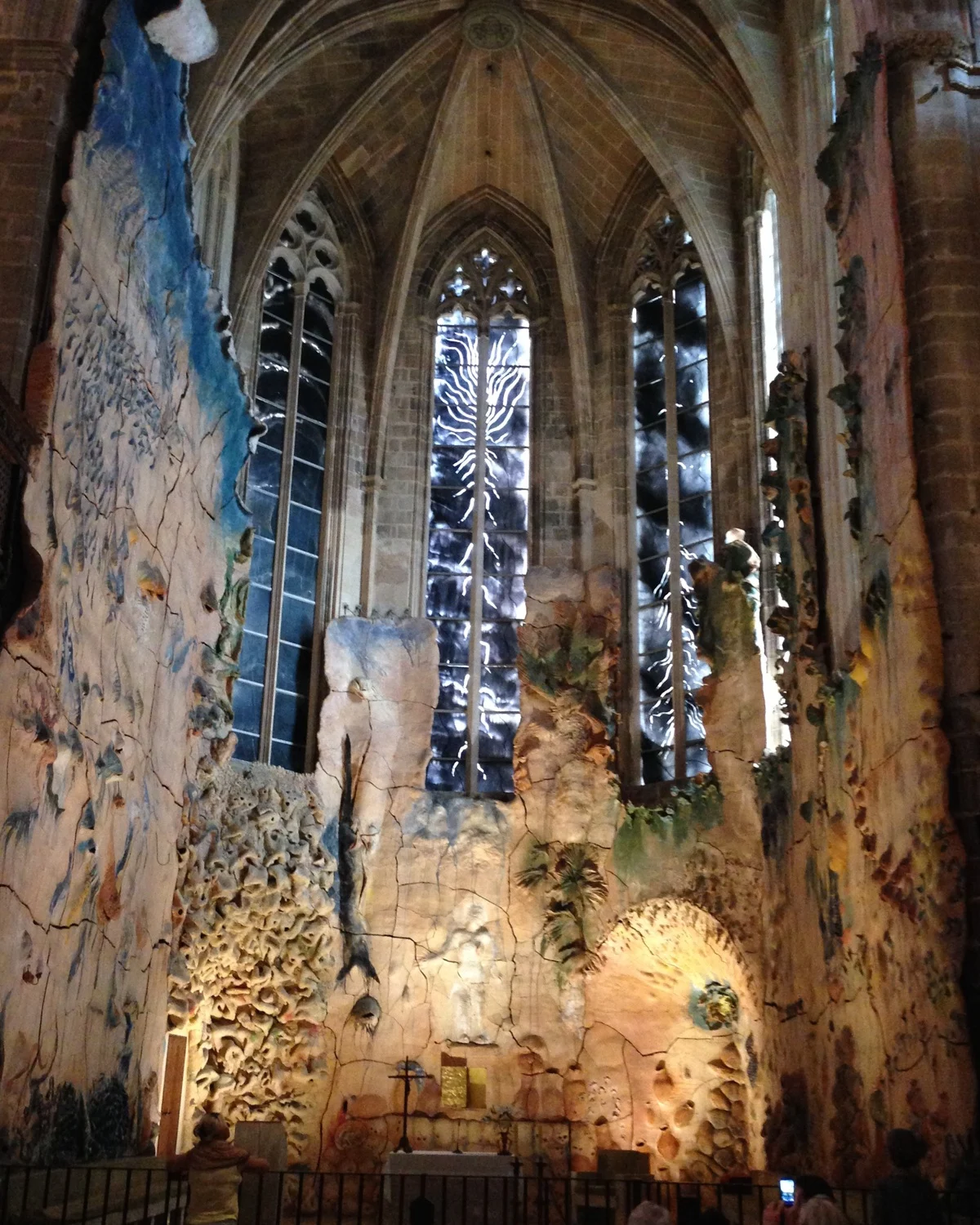
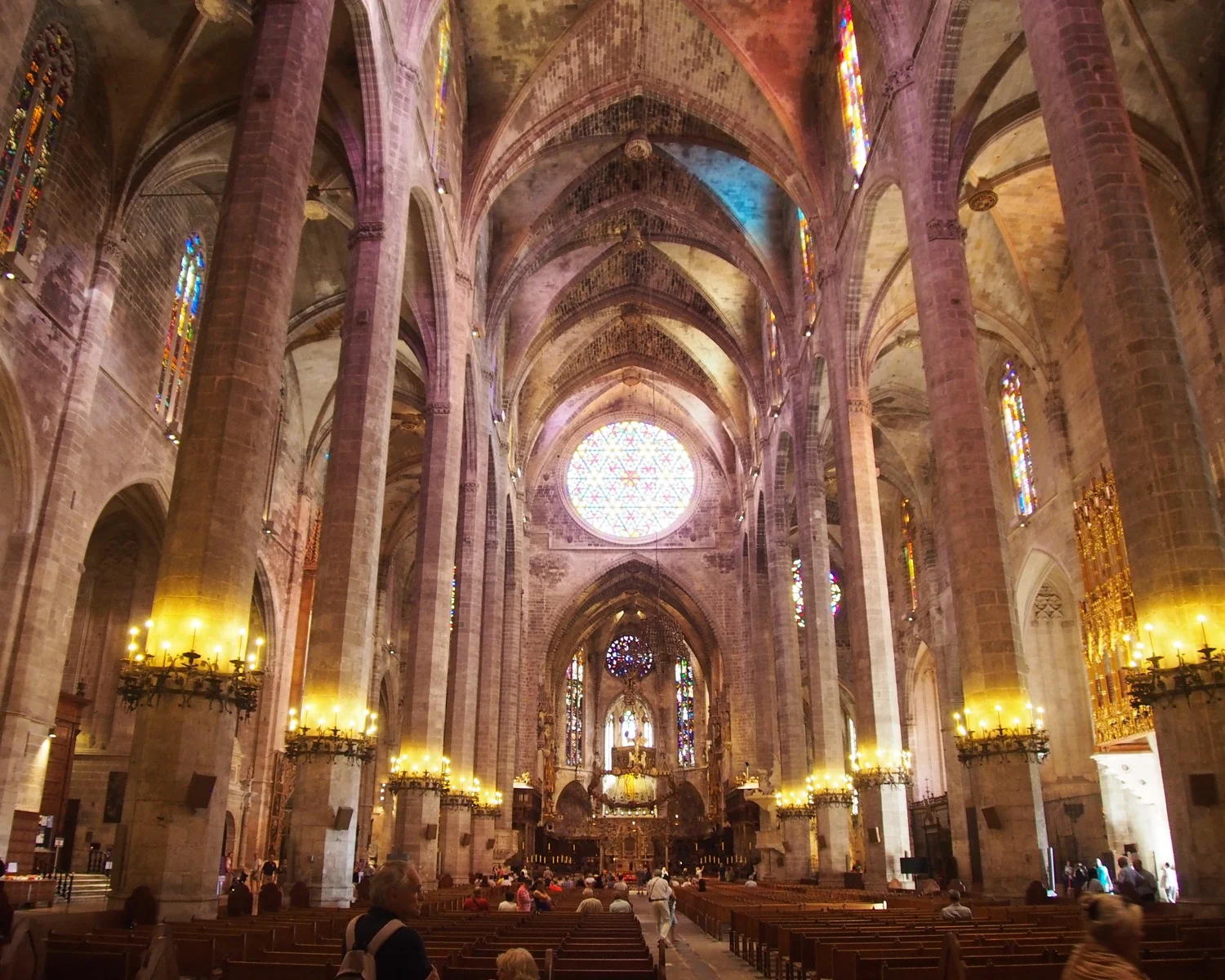
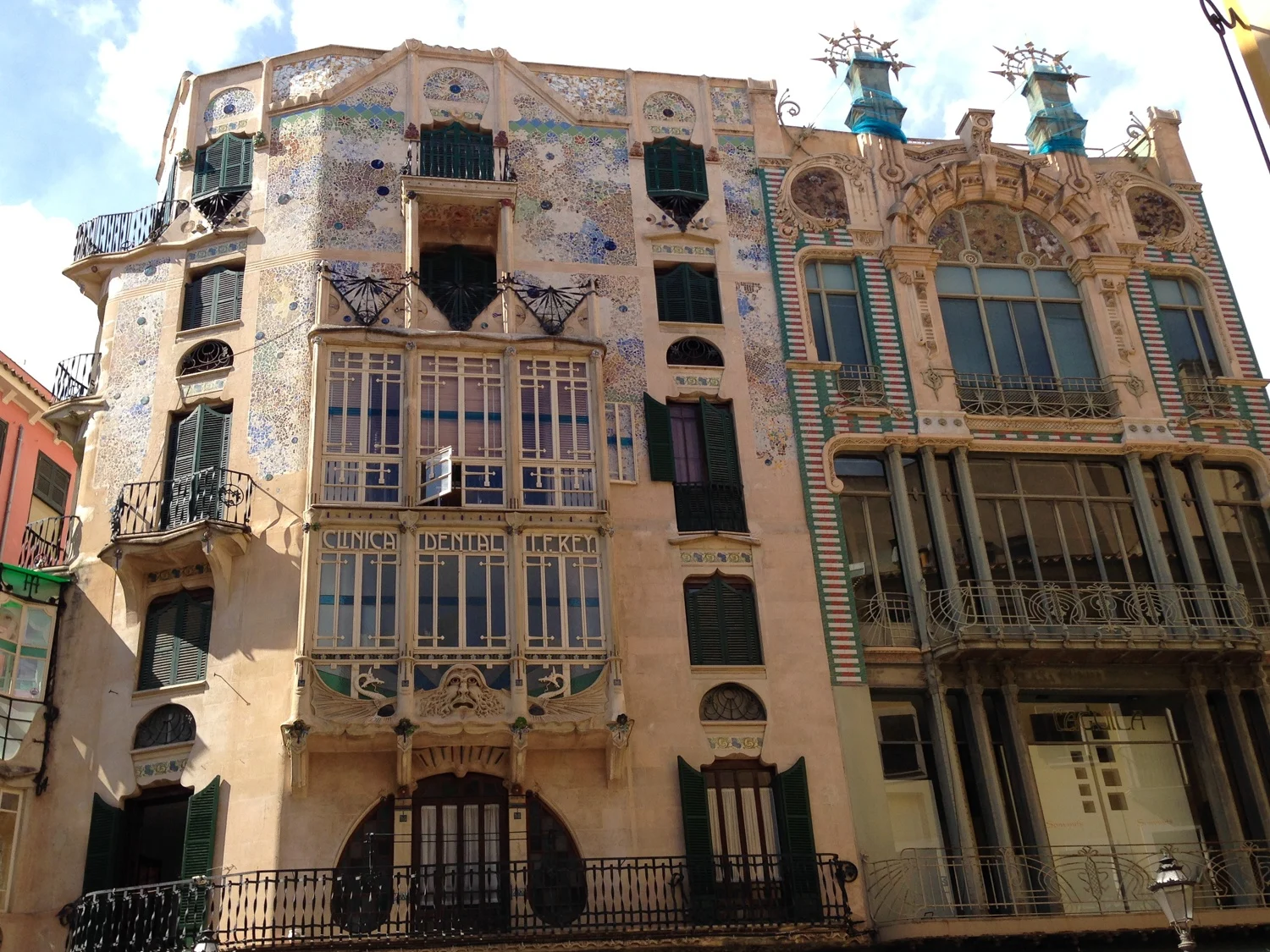
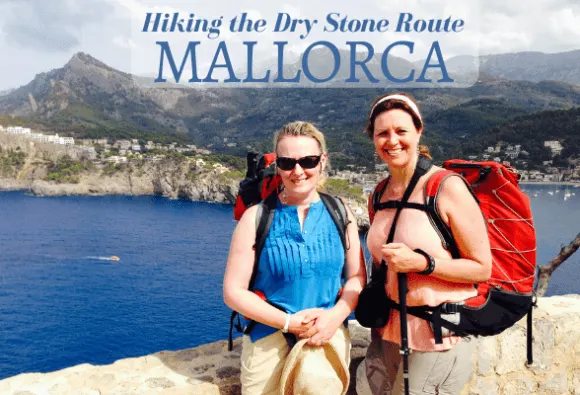
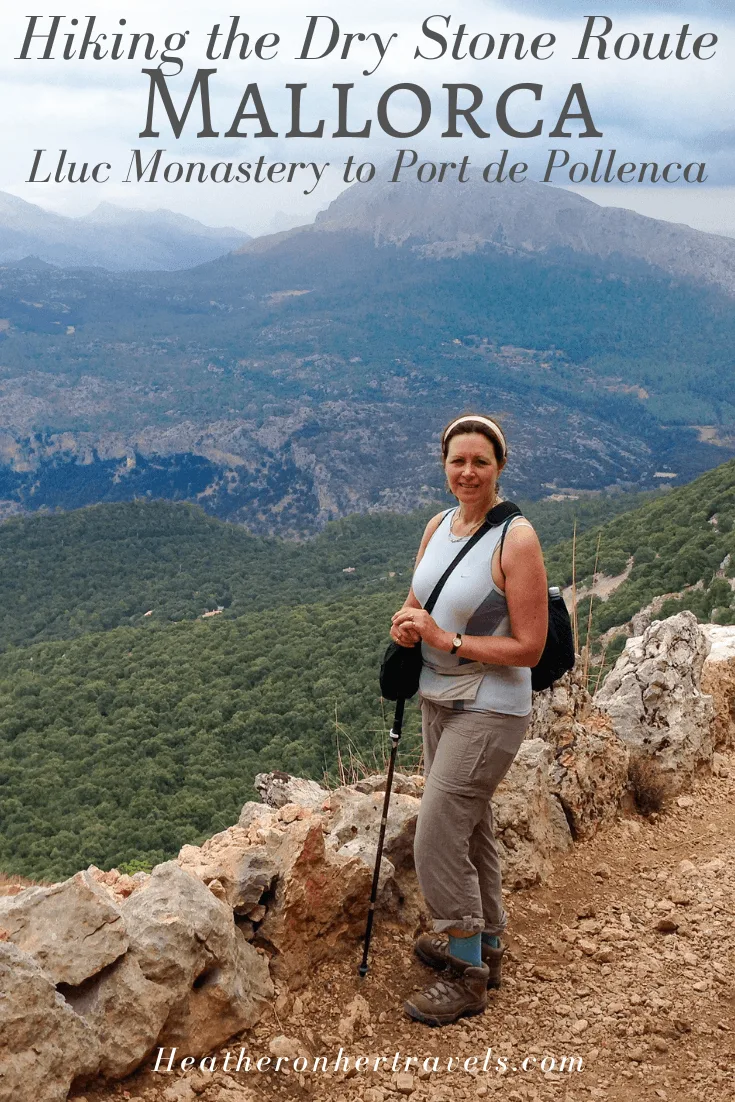

Steve Austin
Wednesday 29th of June 2022
Thanks for all this information Heather . I plan to do the walk in The Autumn and would love your help . Could you join our facebook page and share your knowledge . Walking mallorca dry stone route gr221 . Thanks